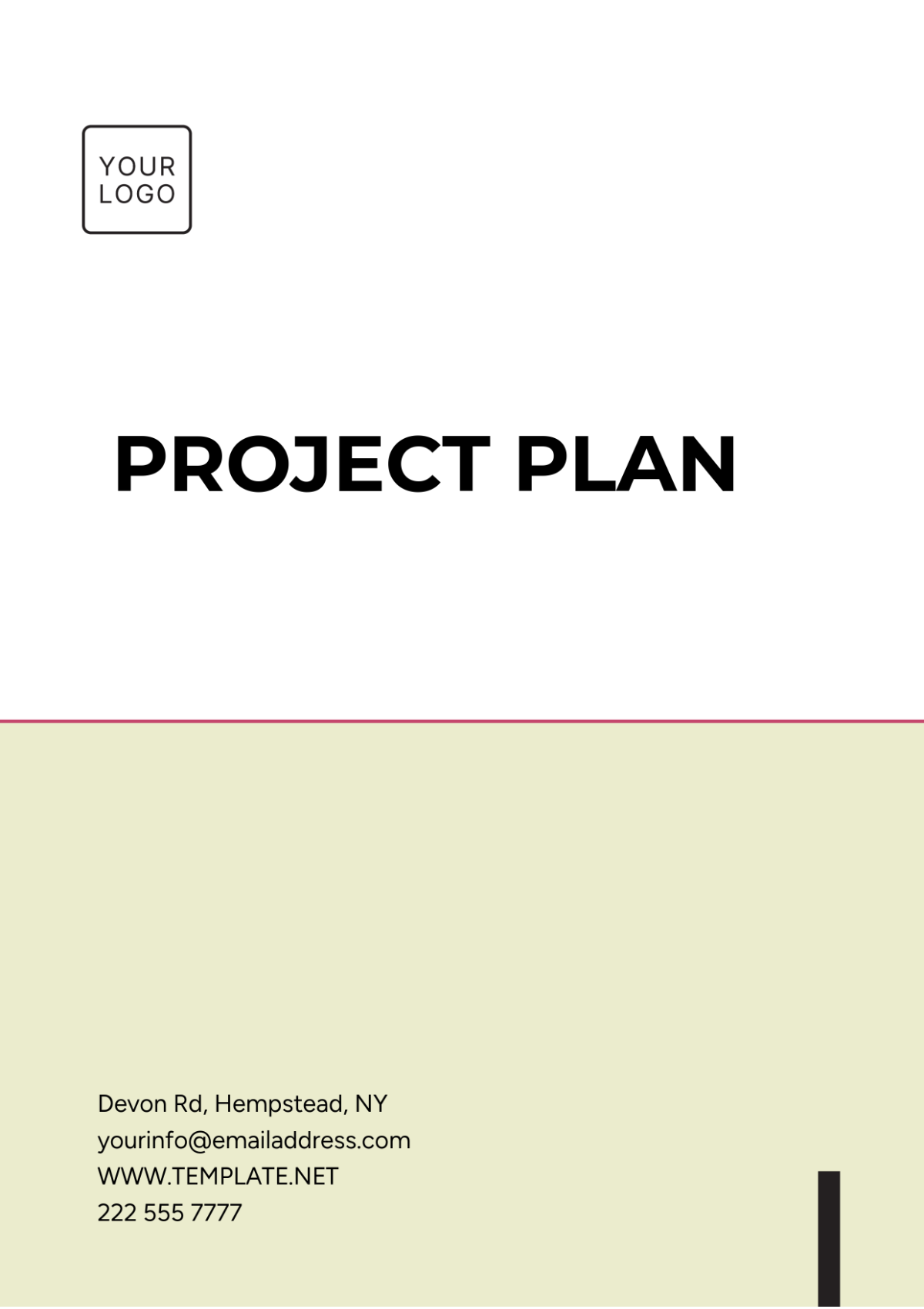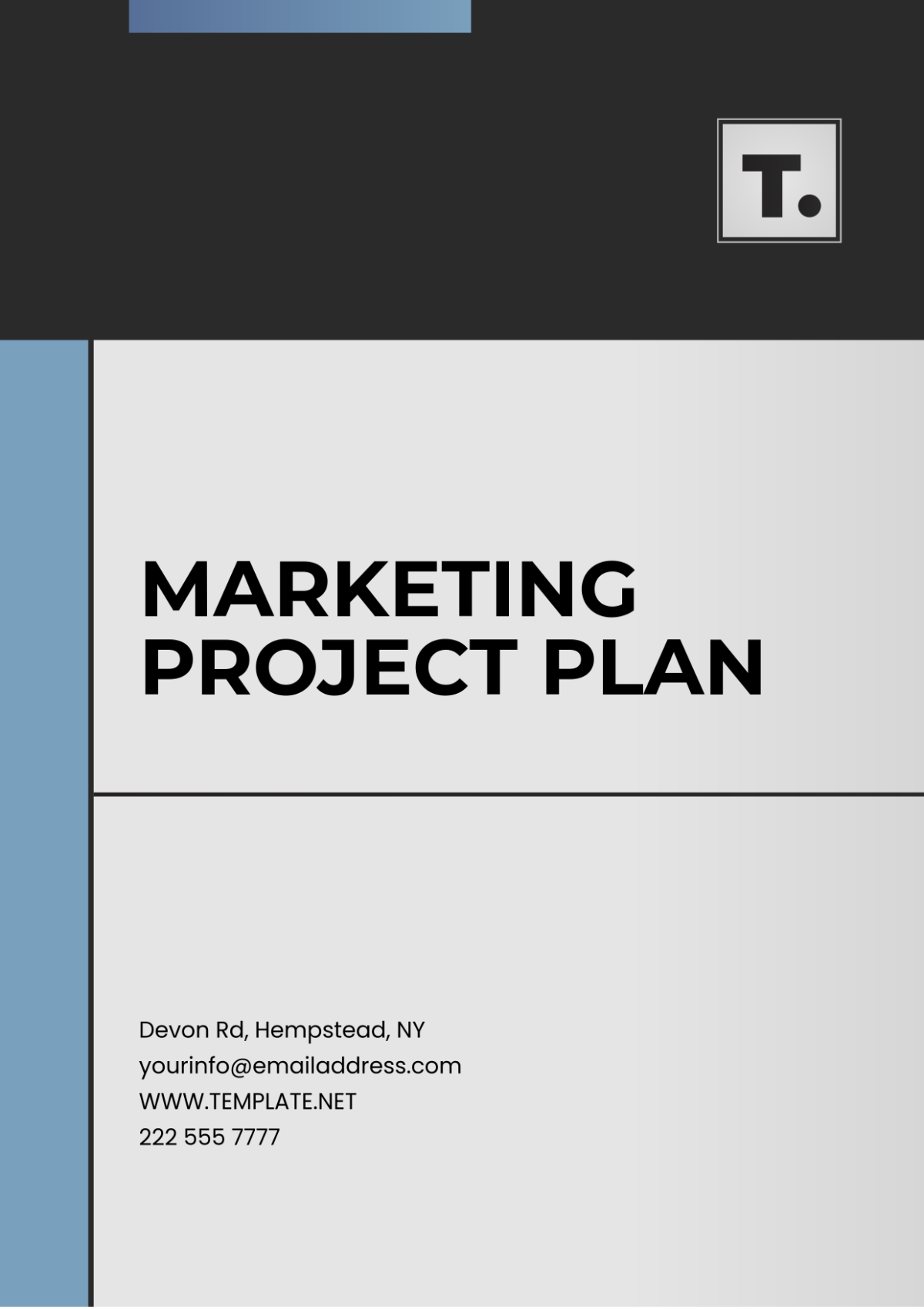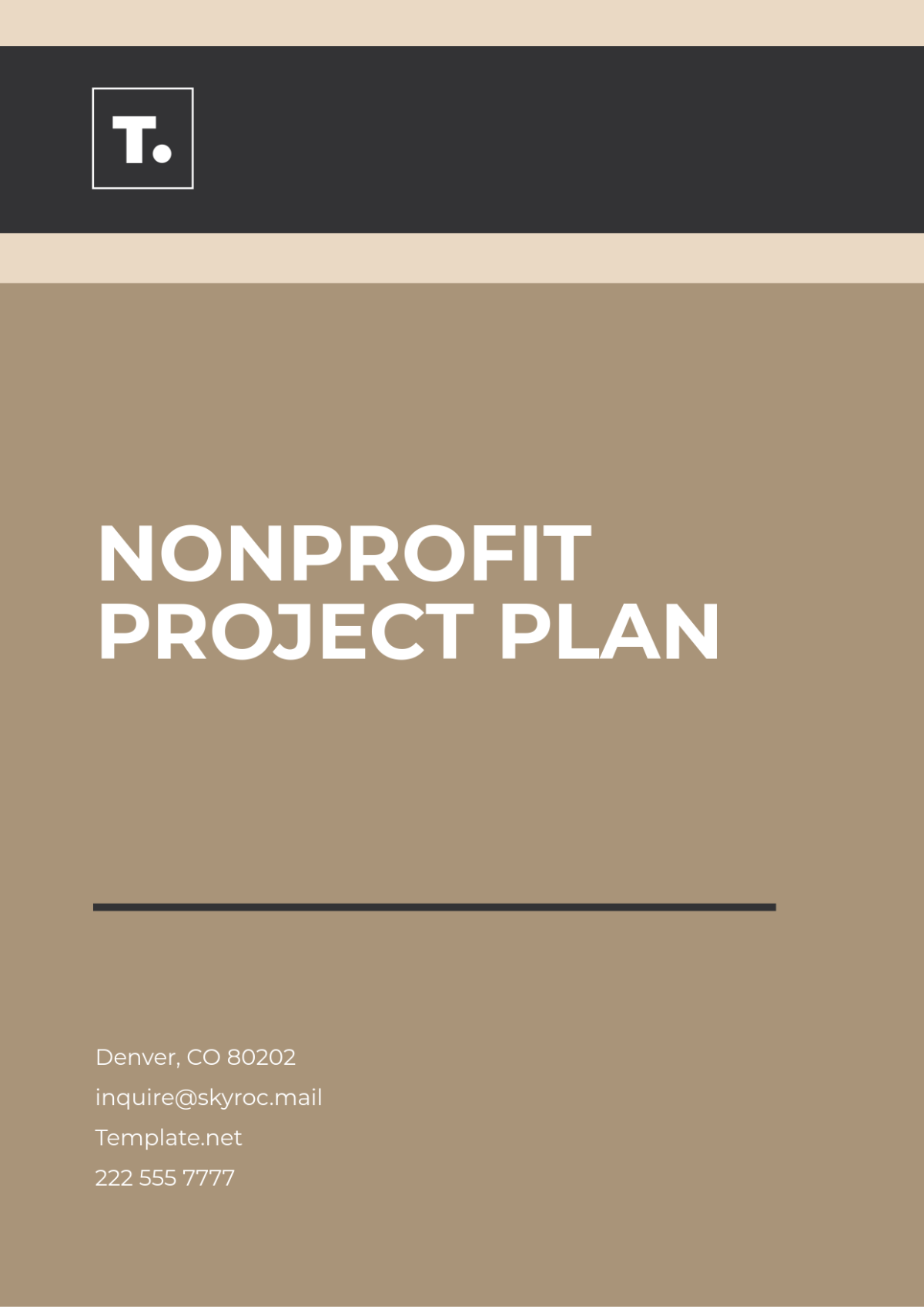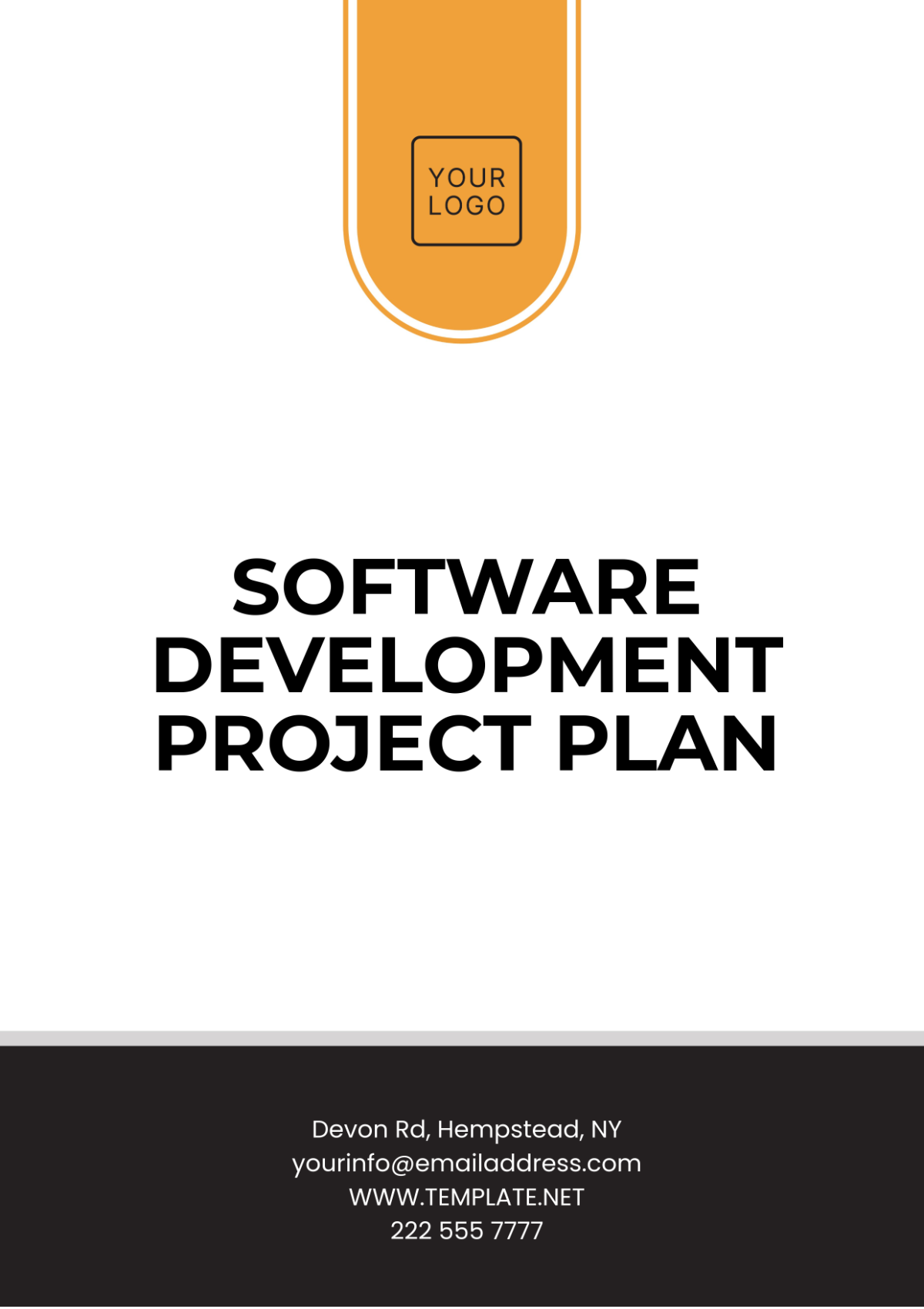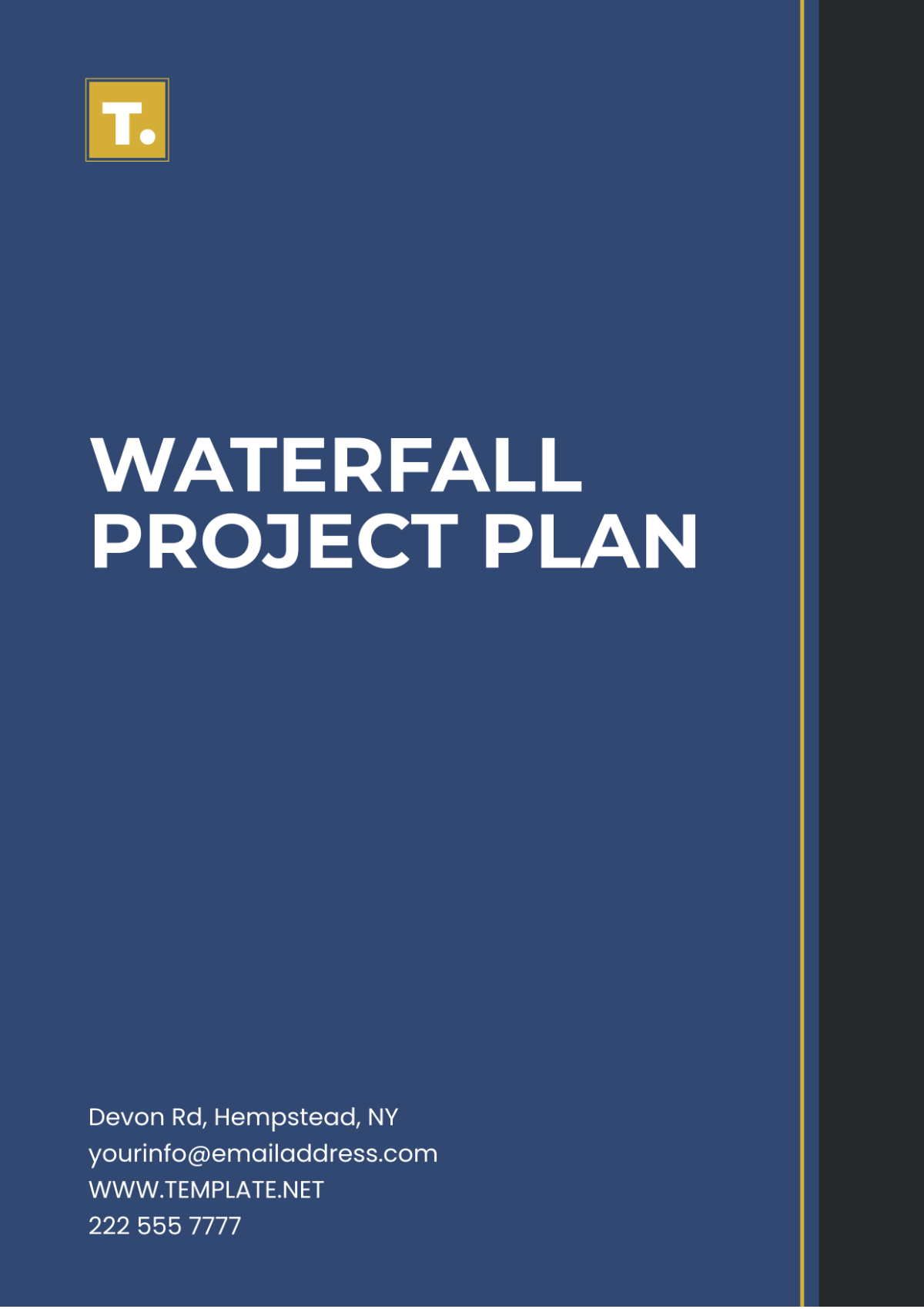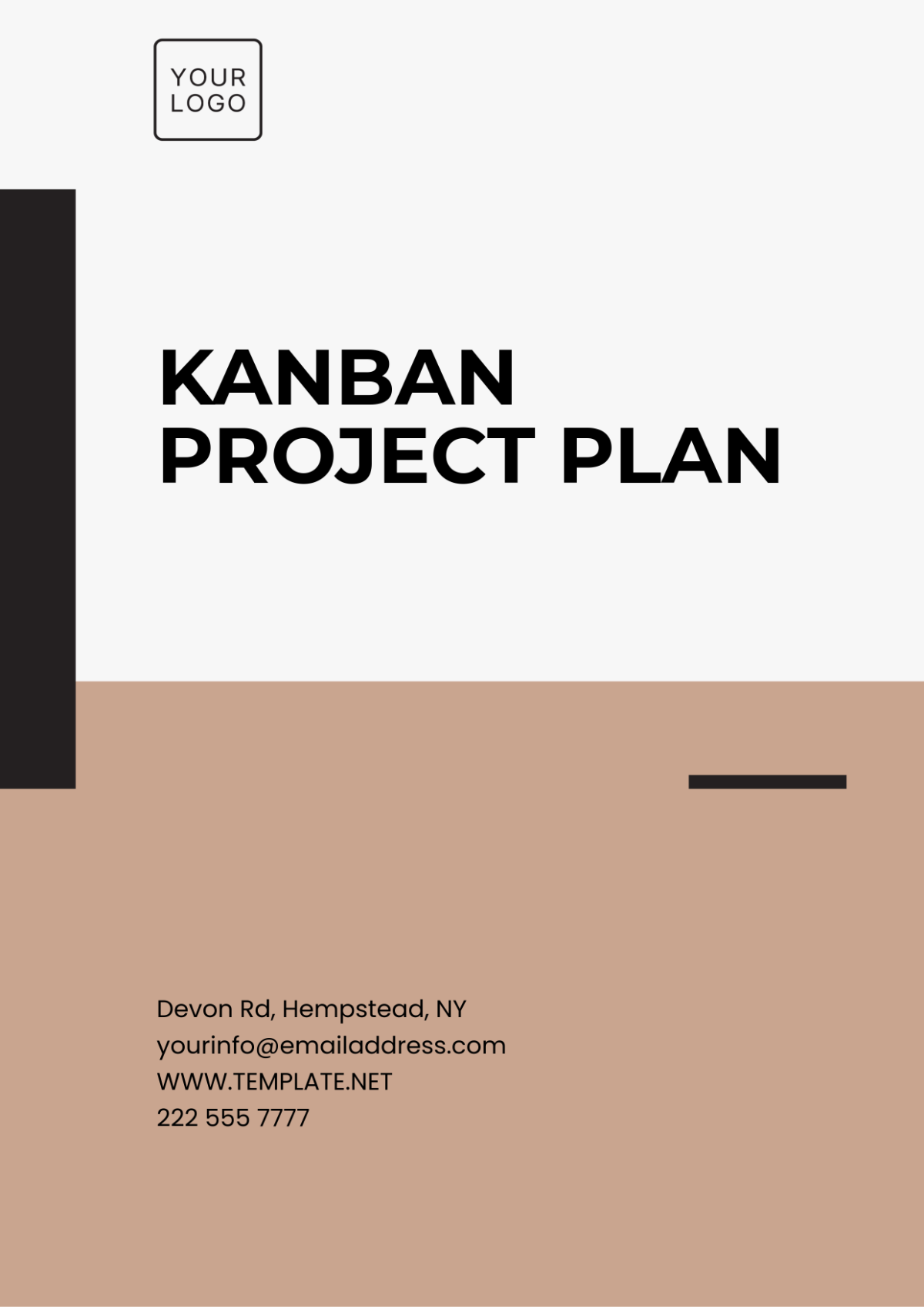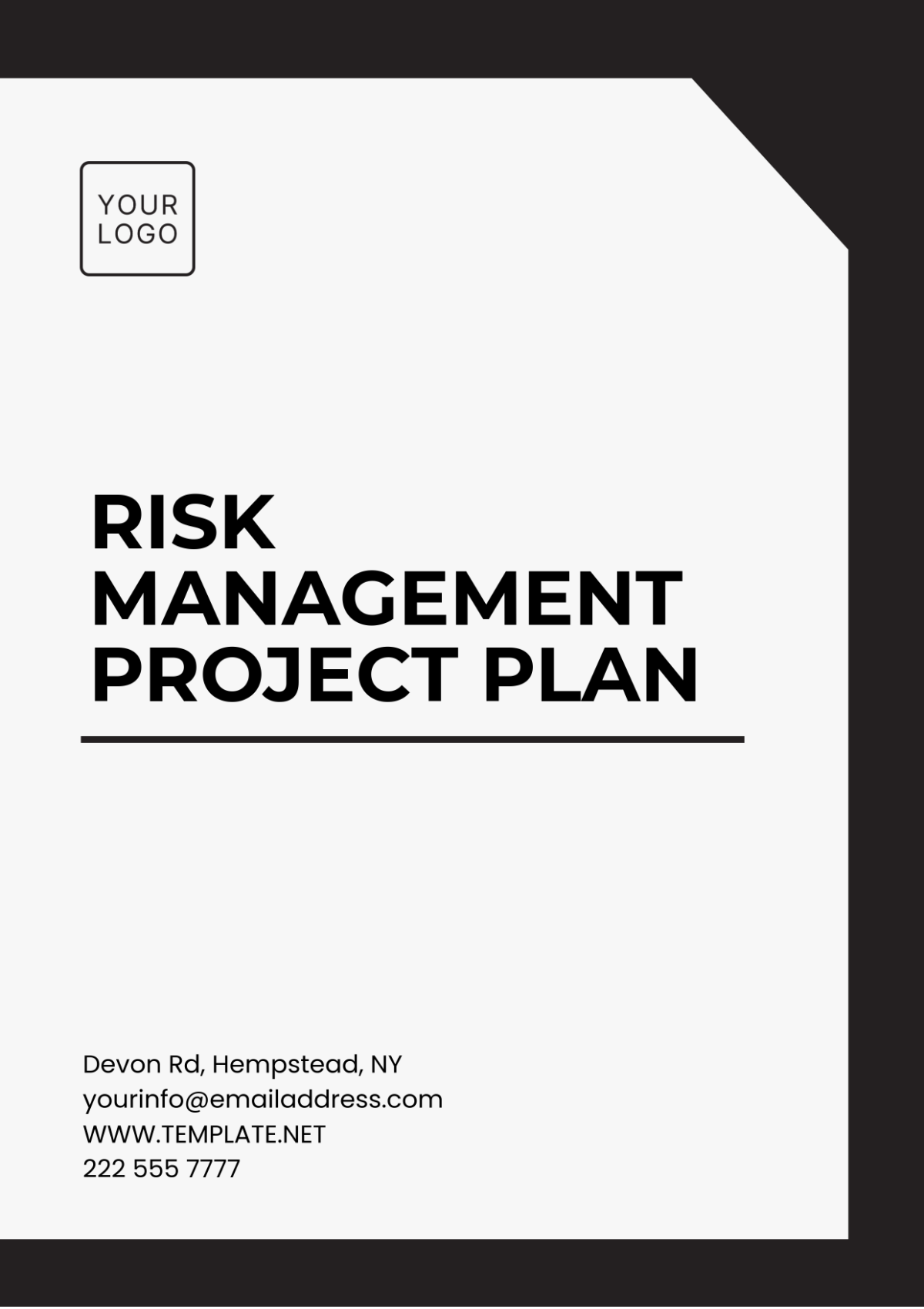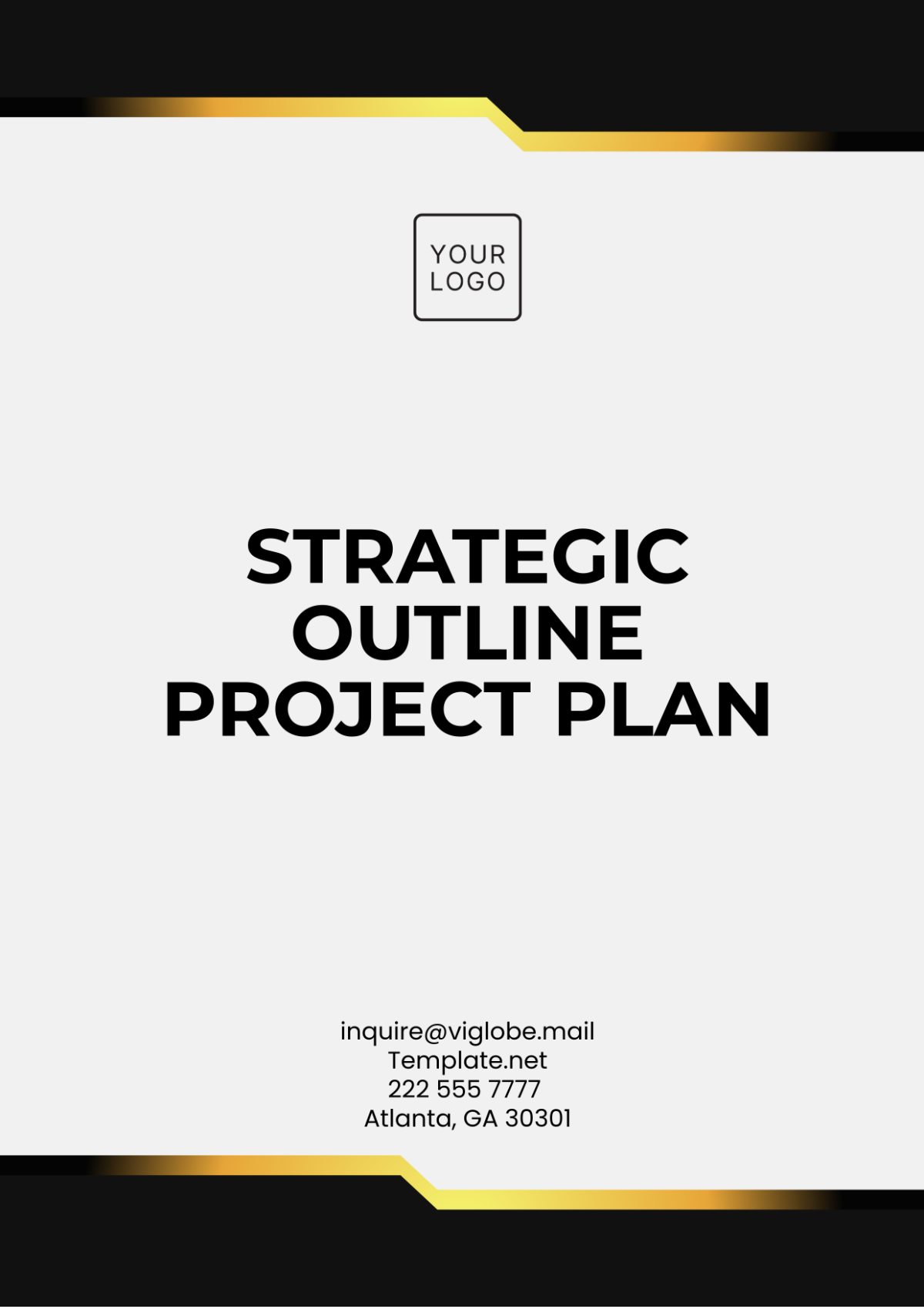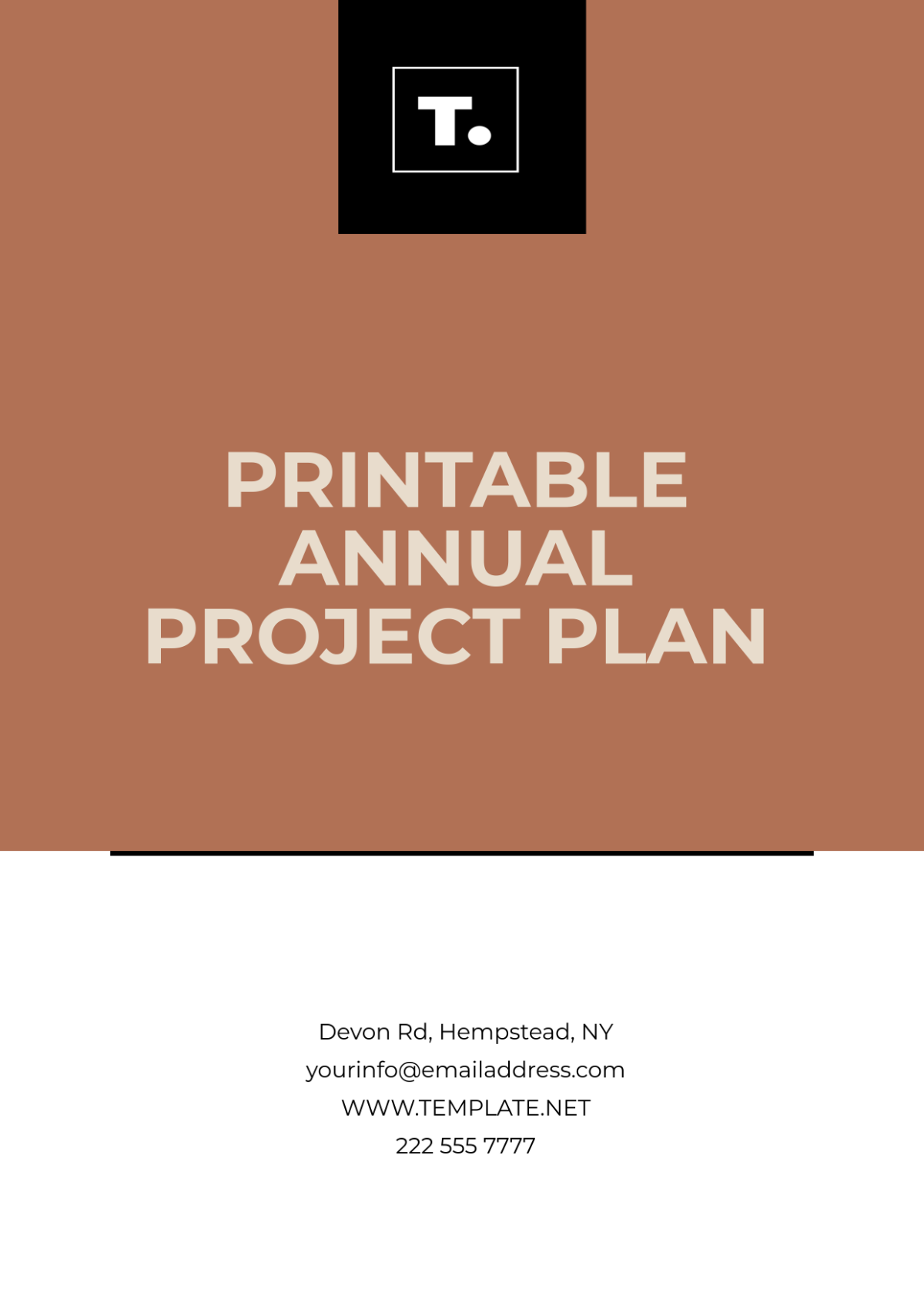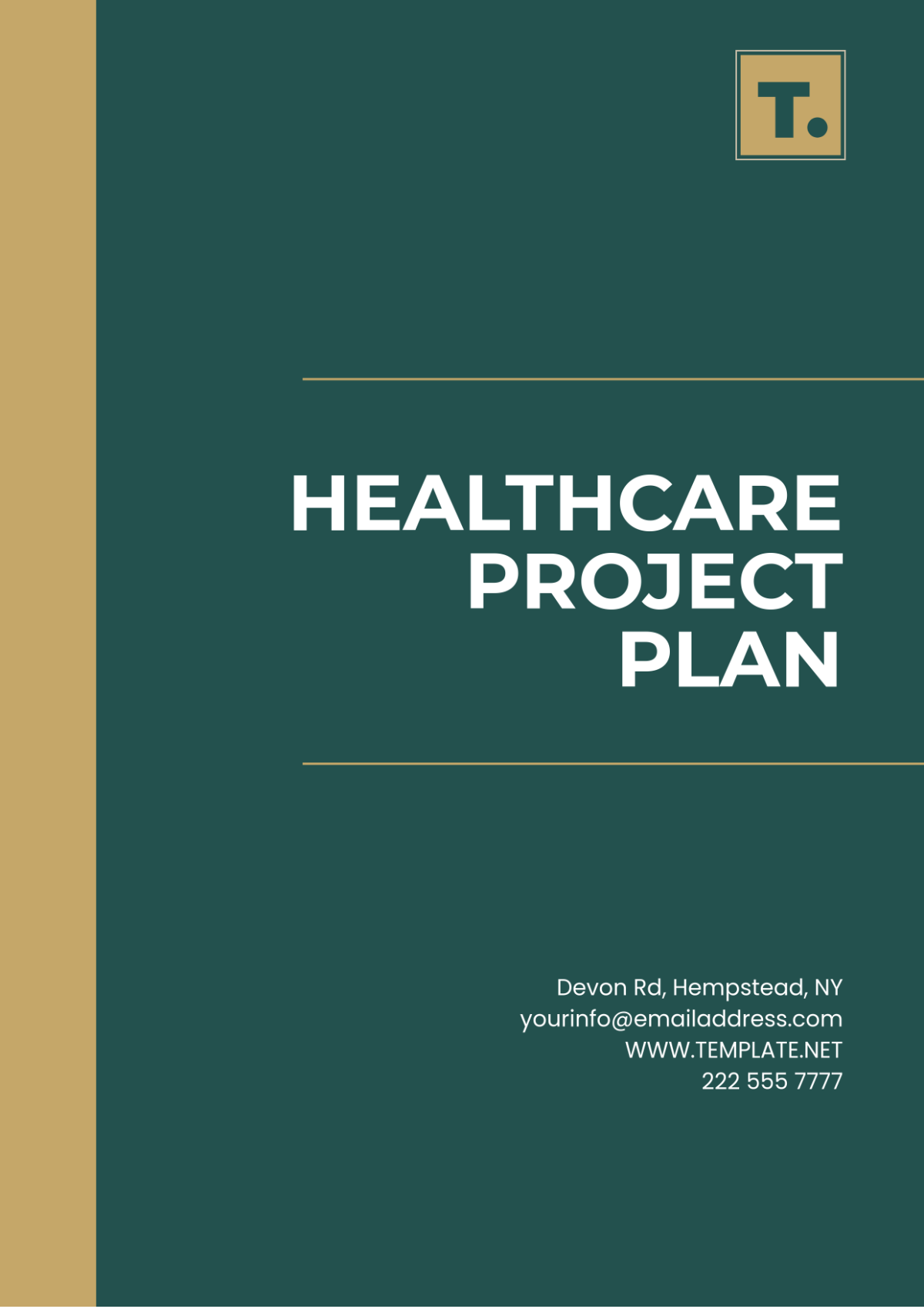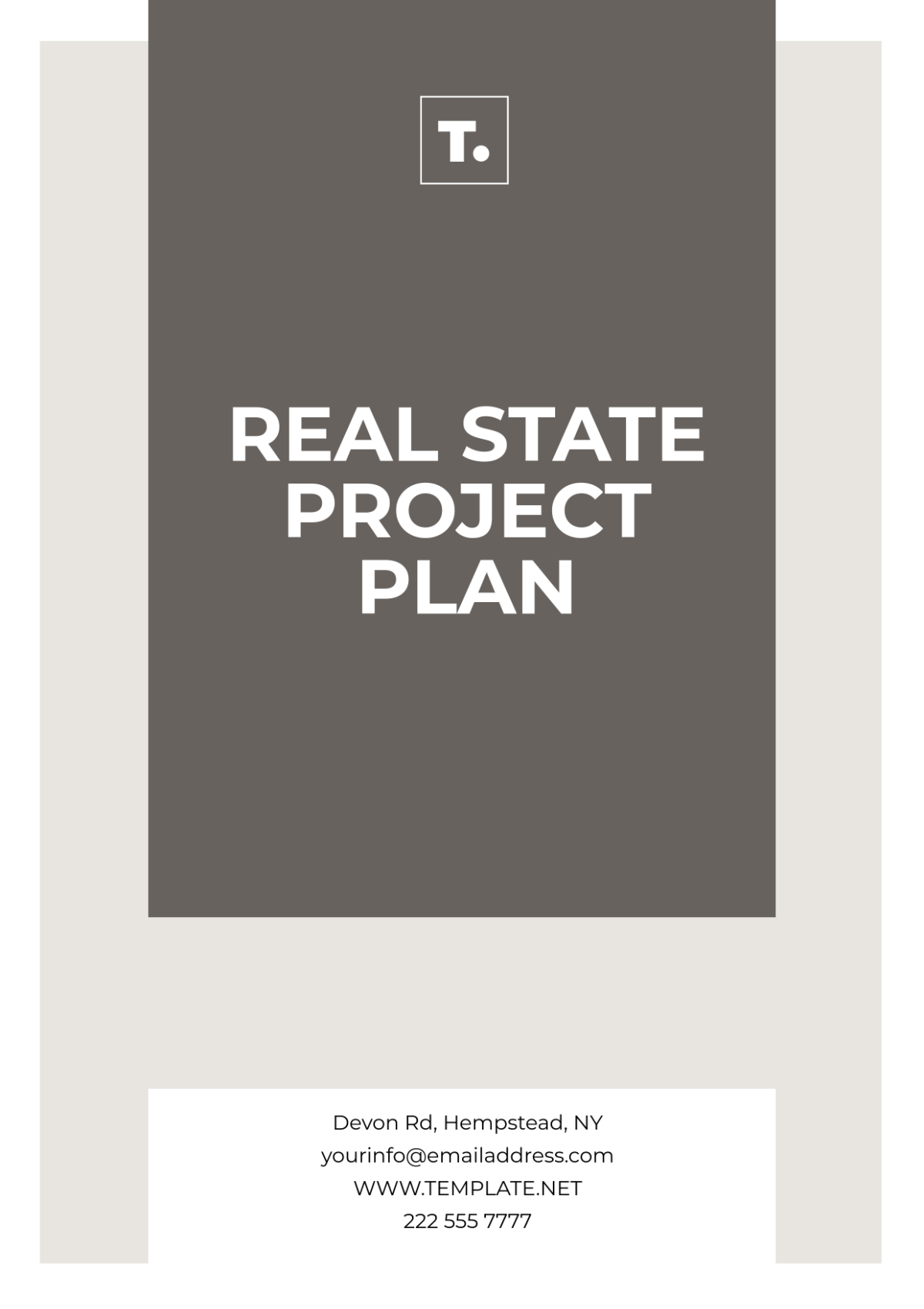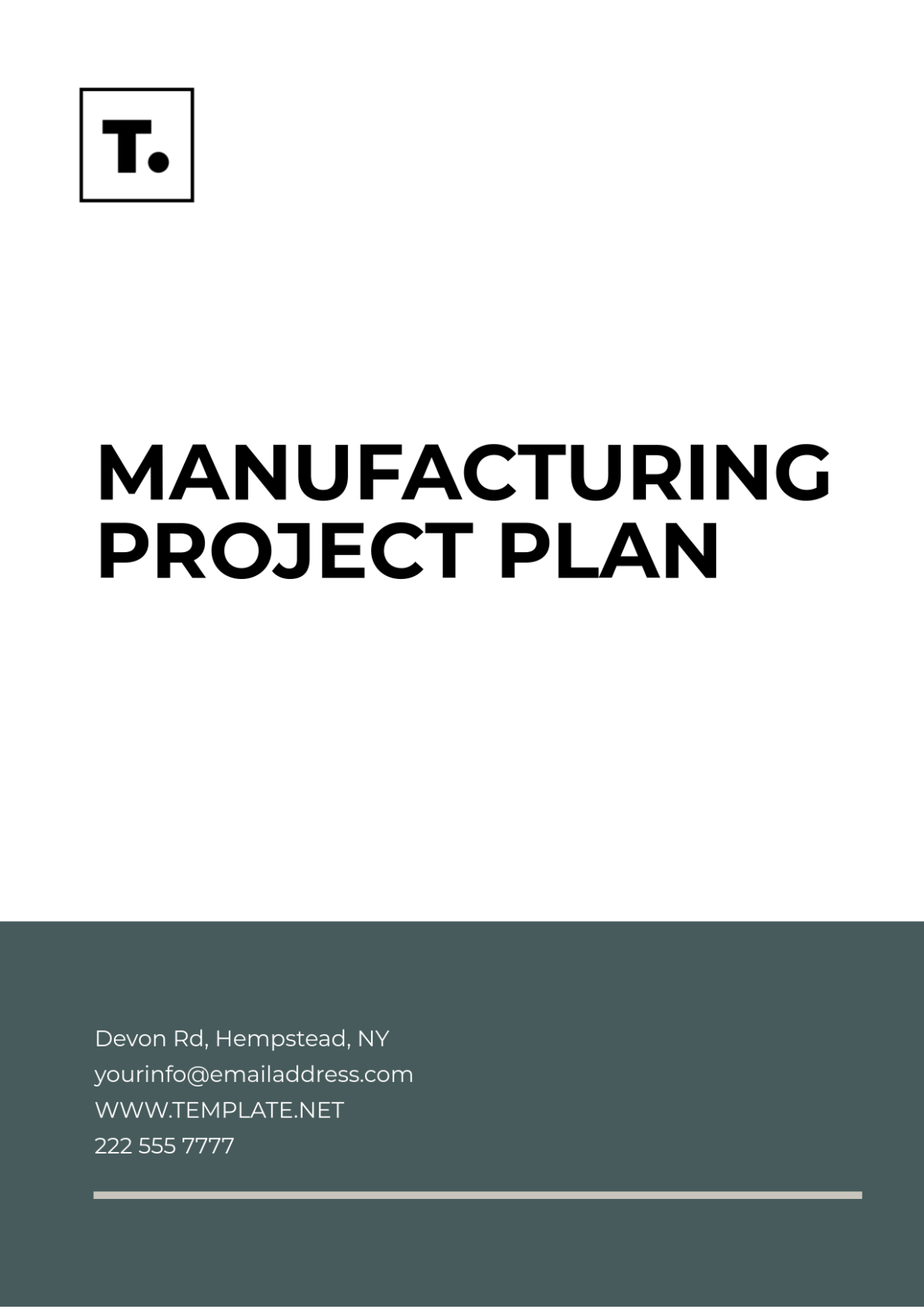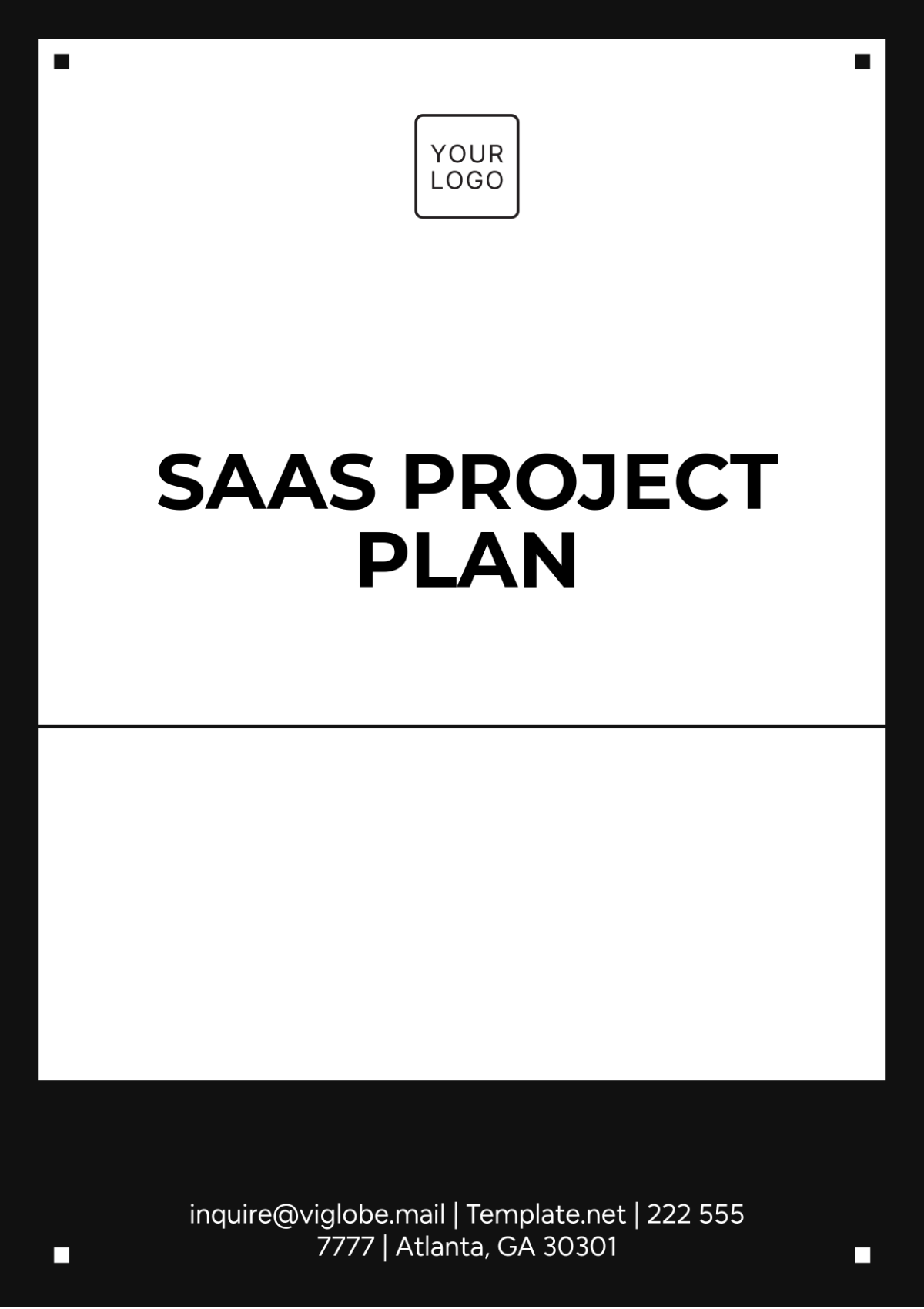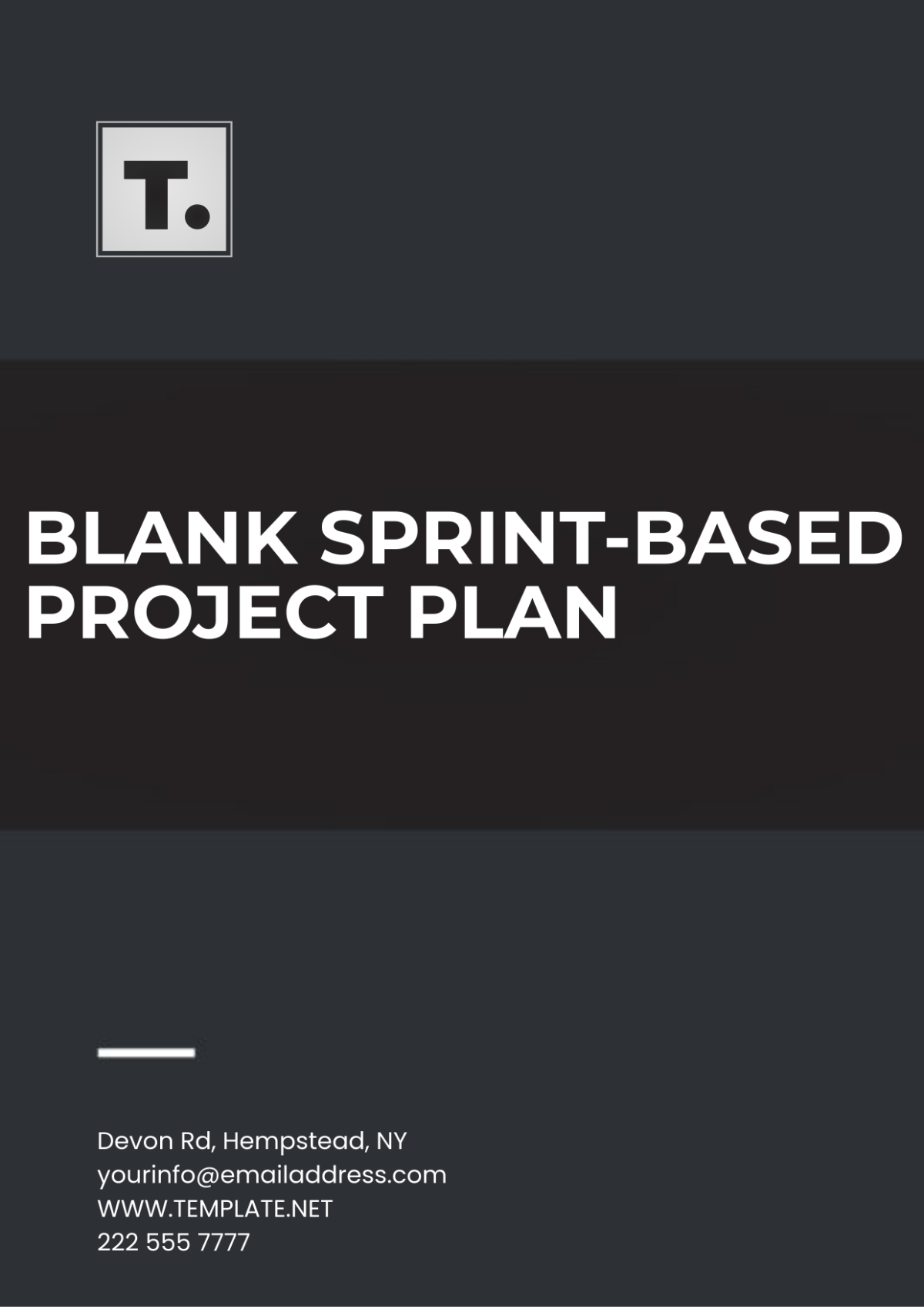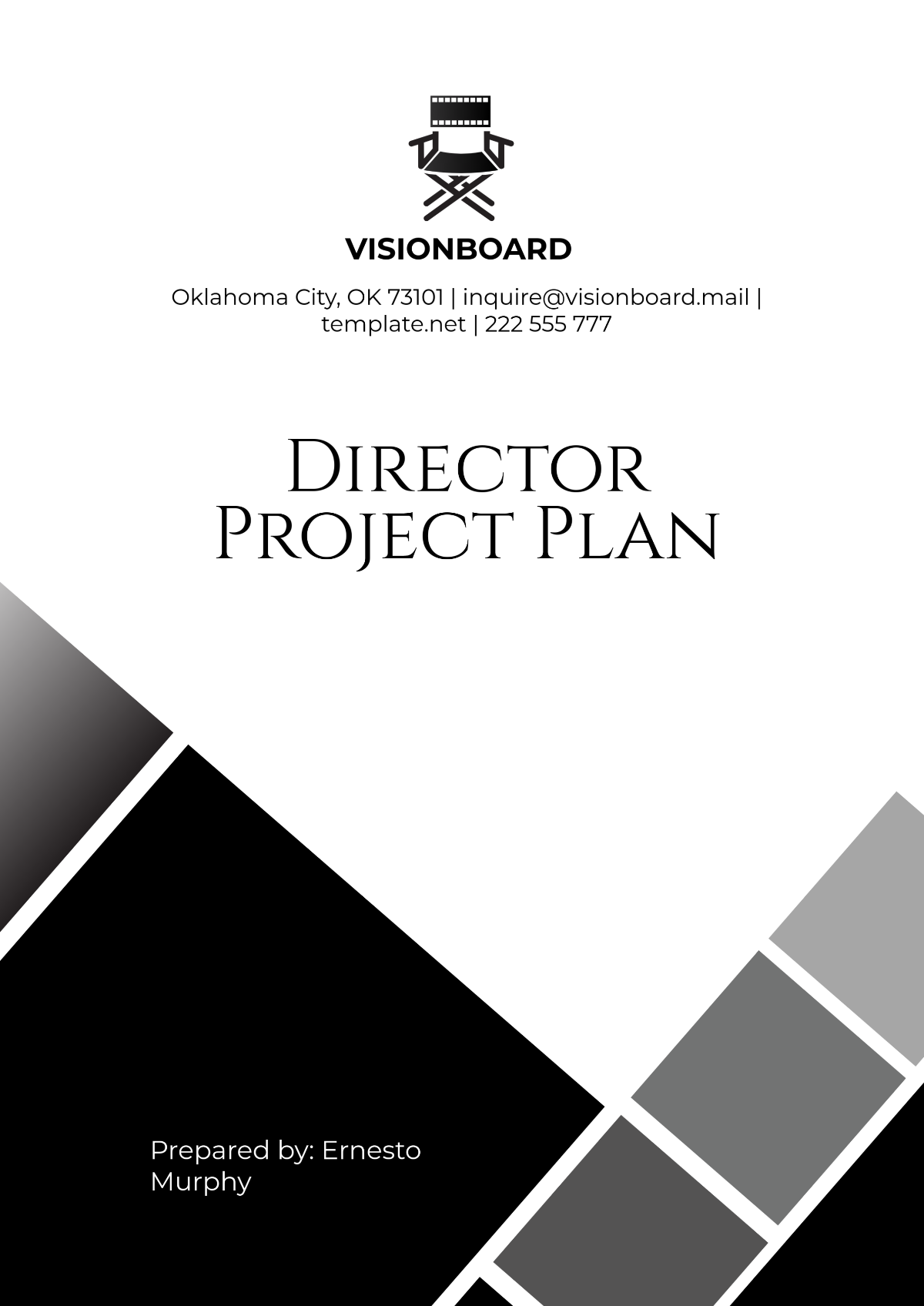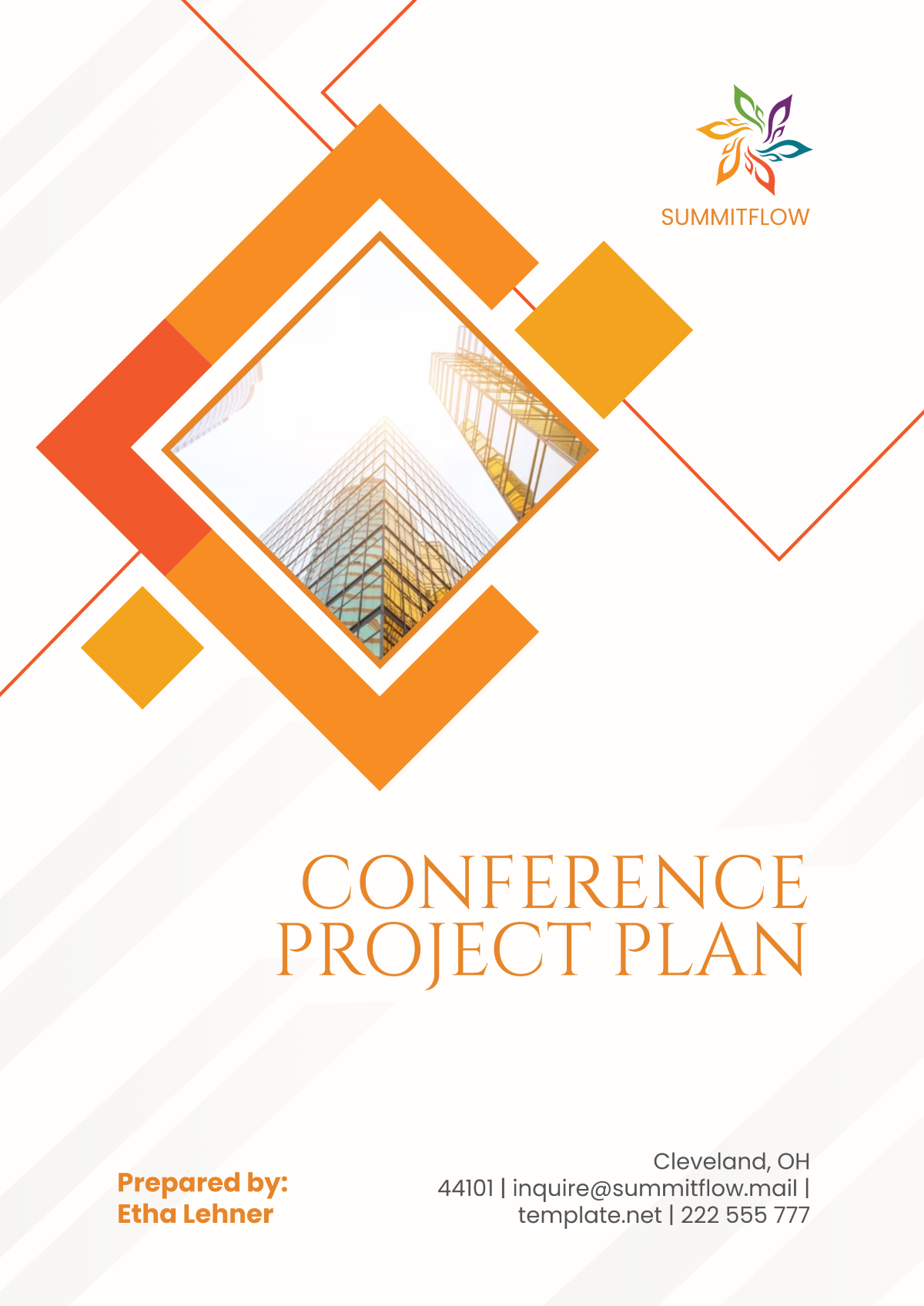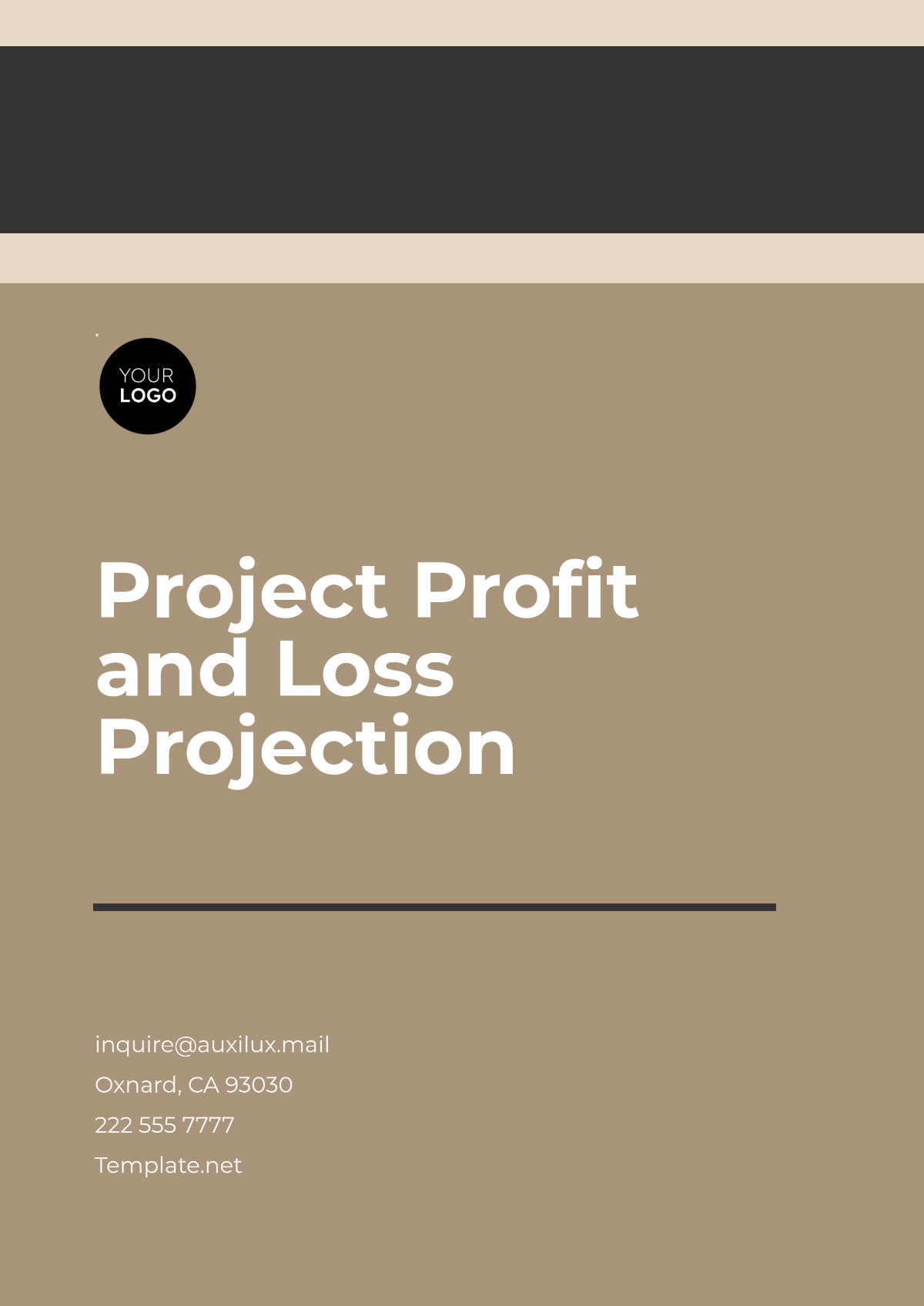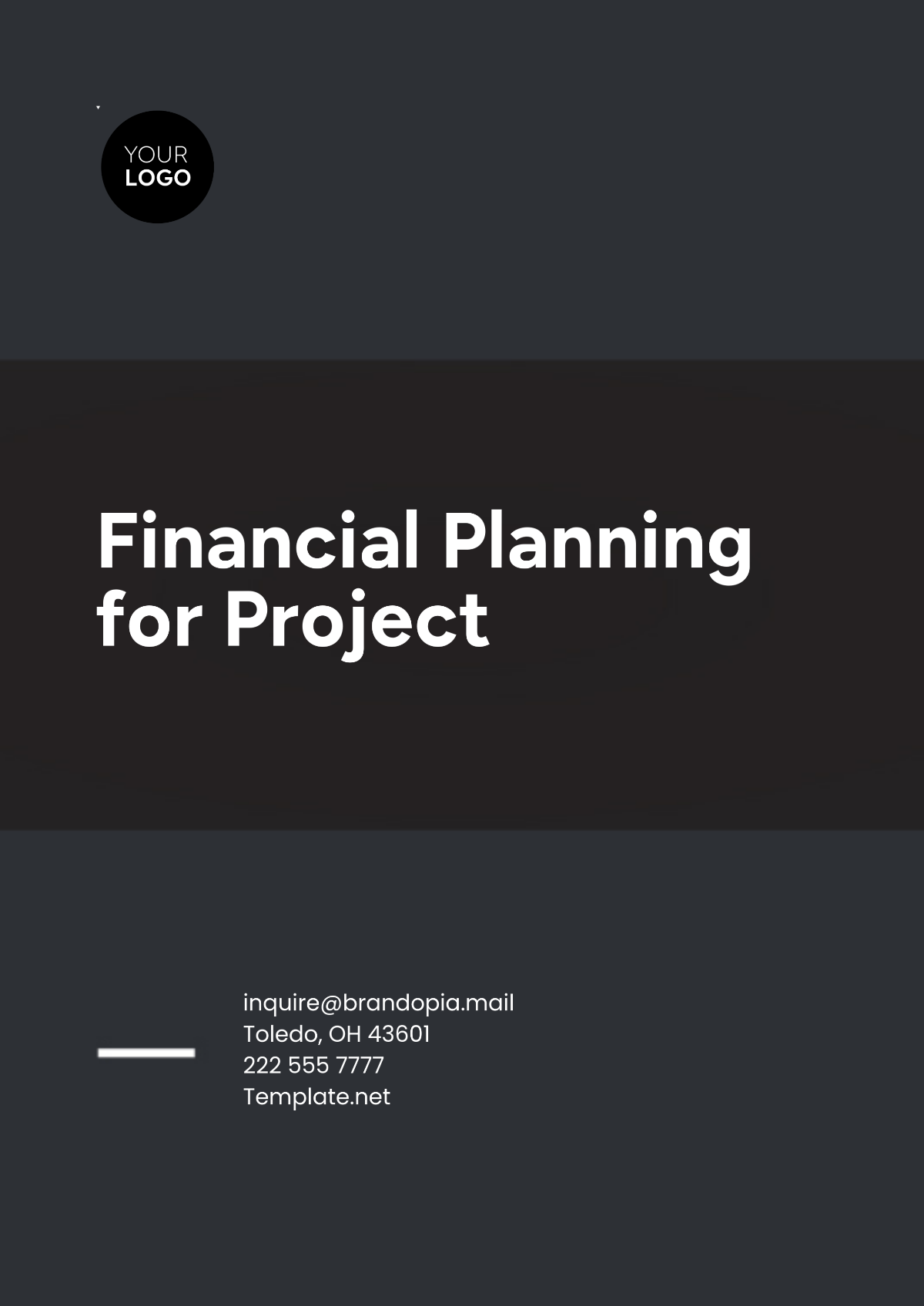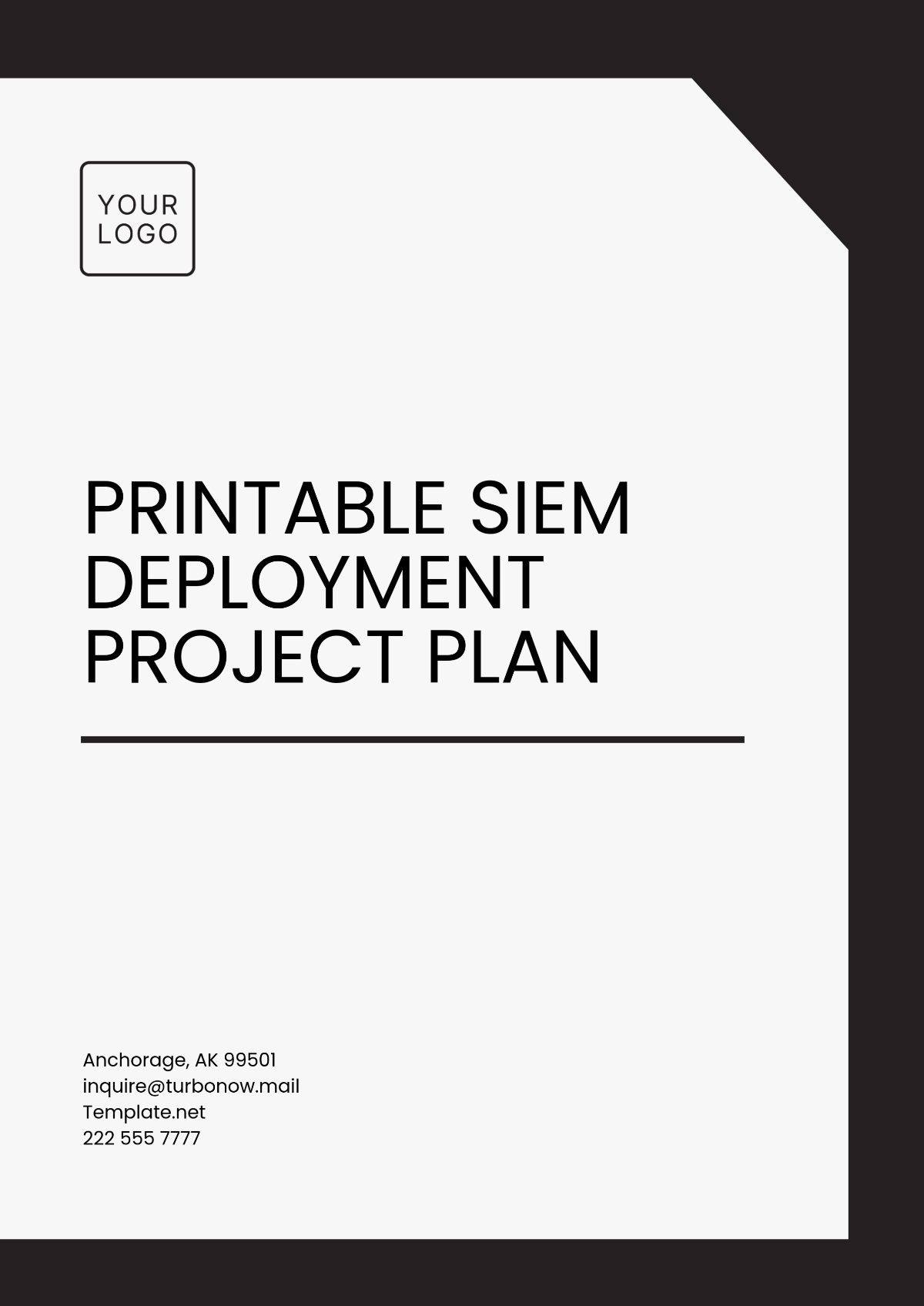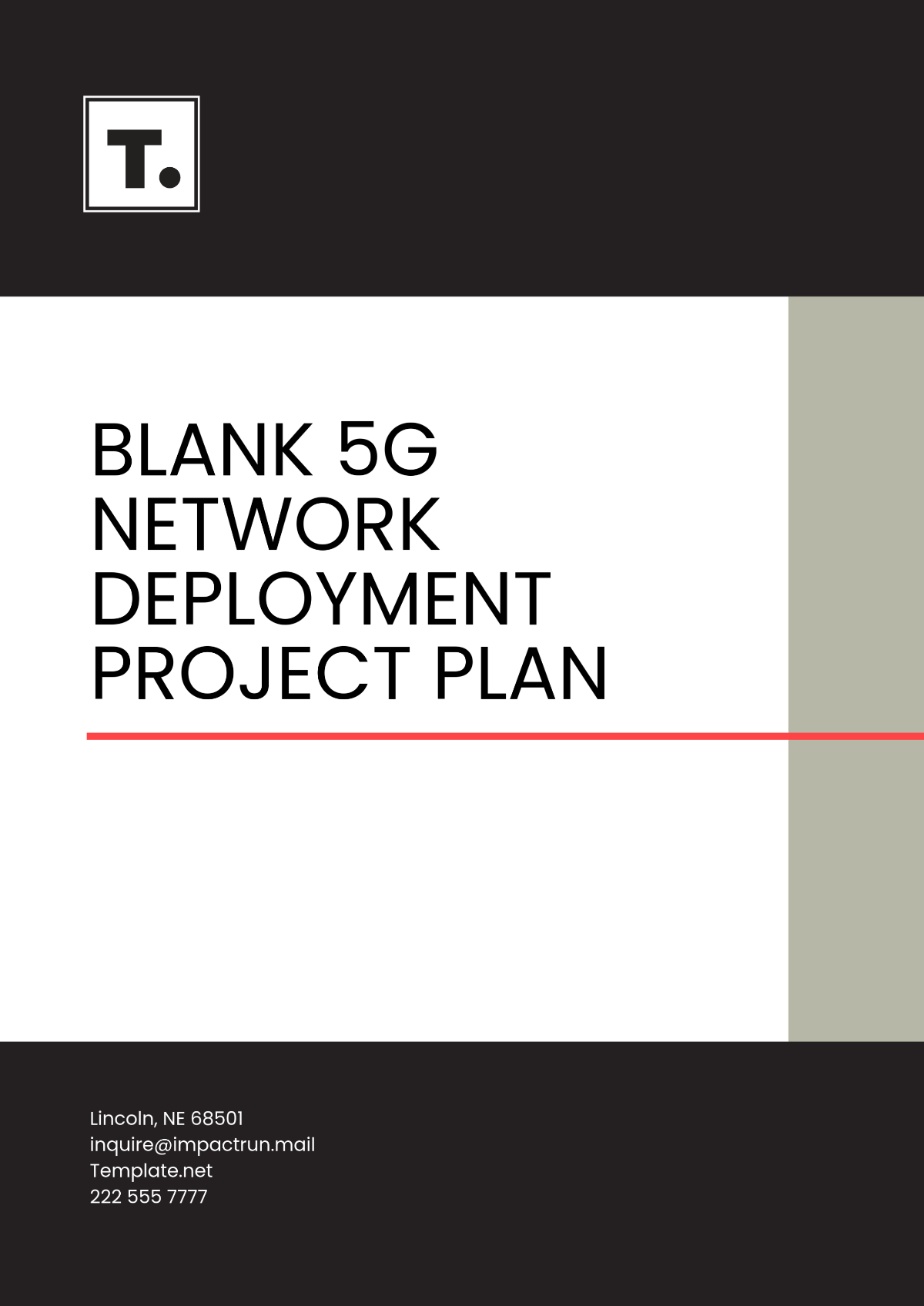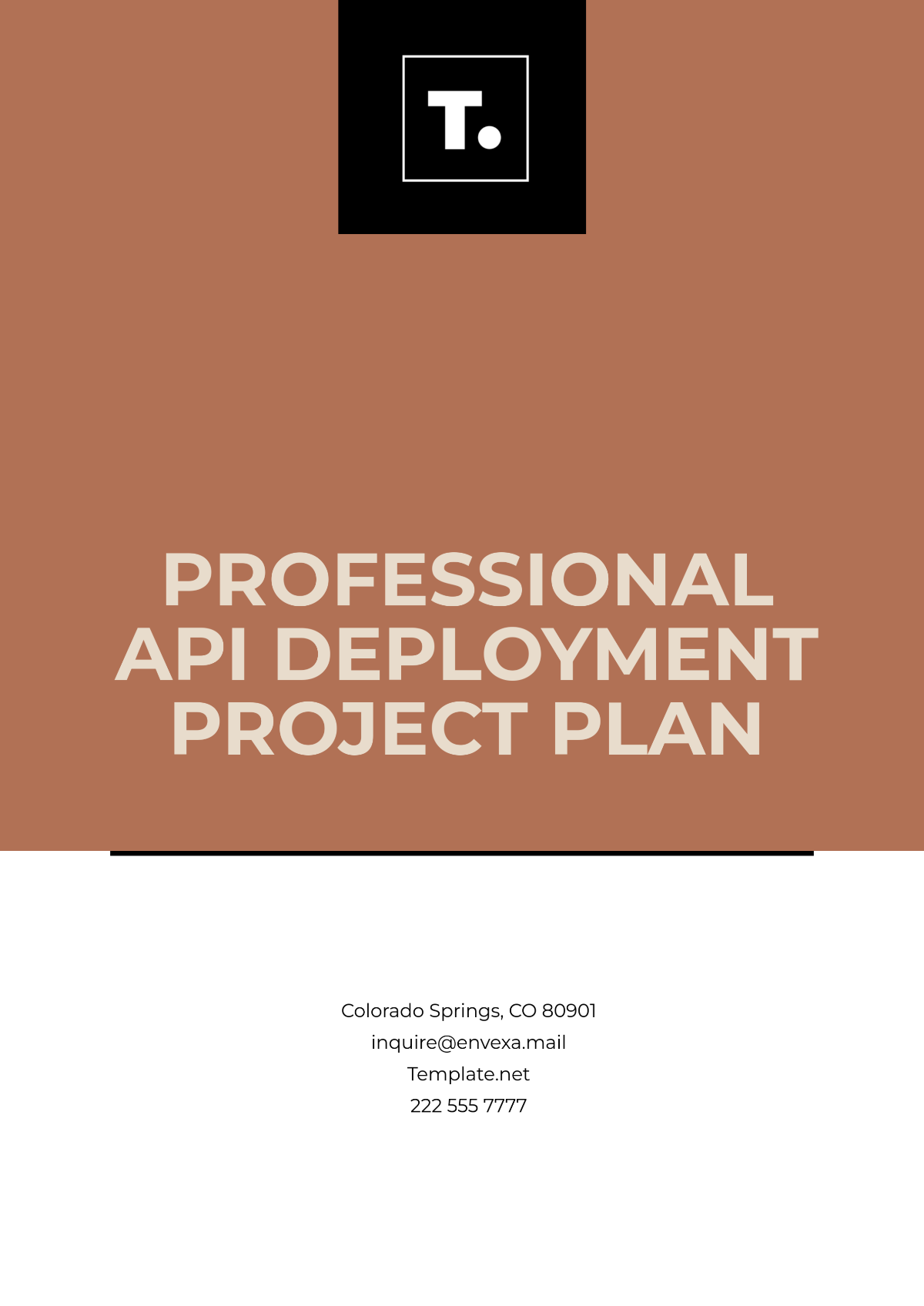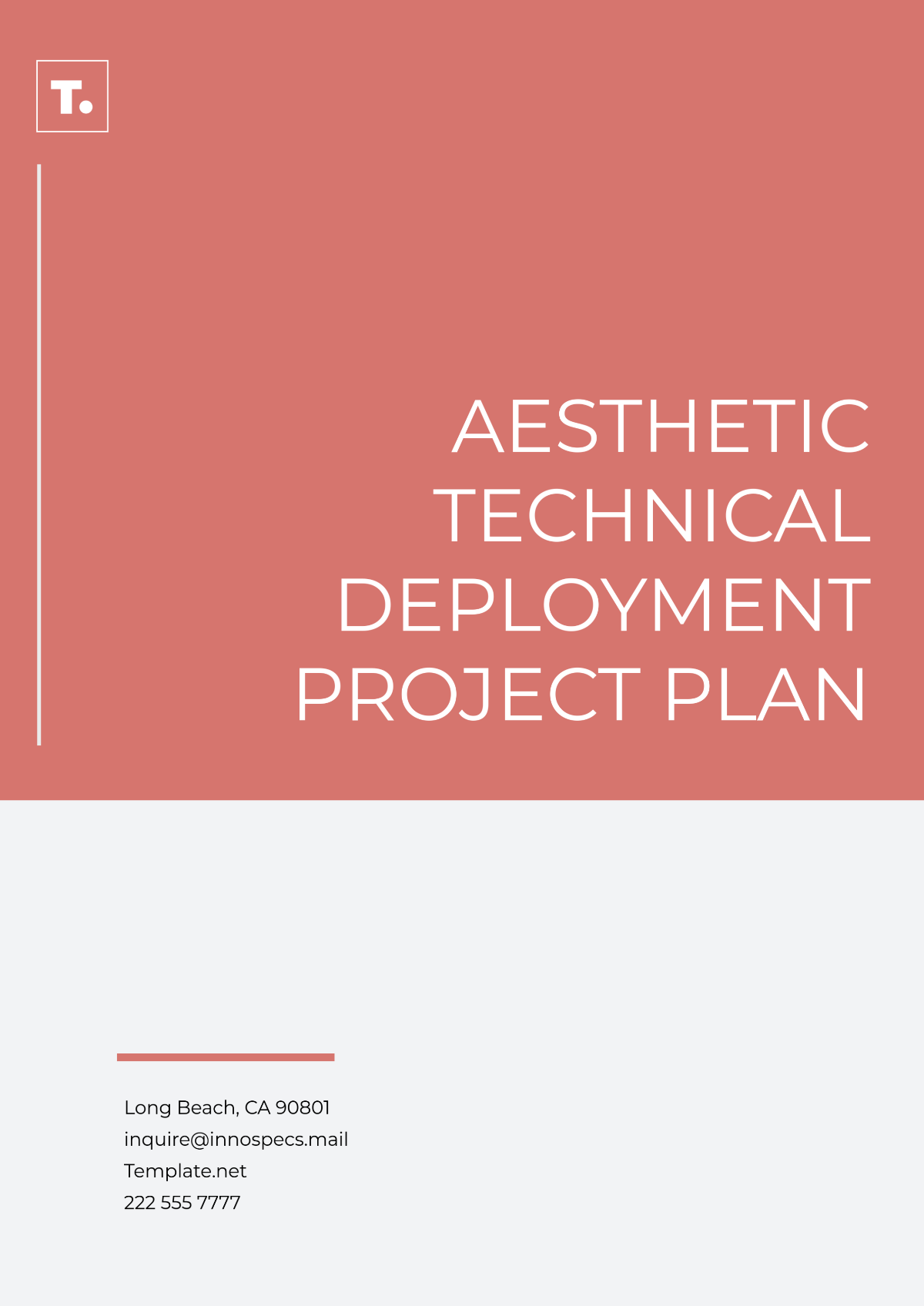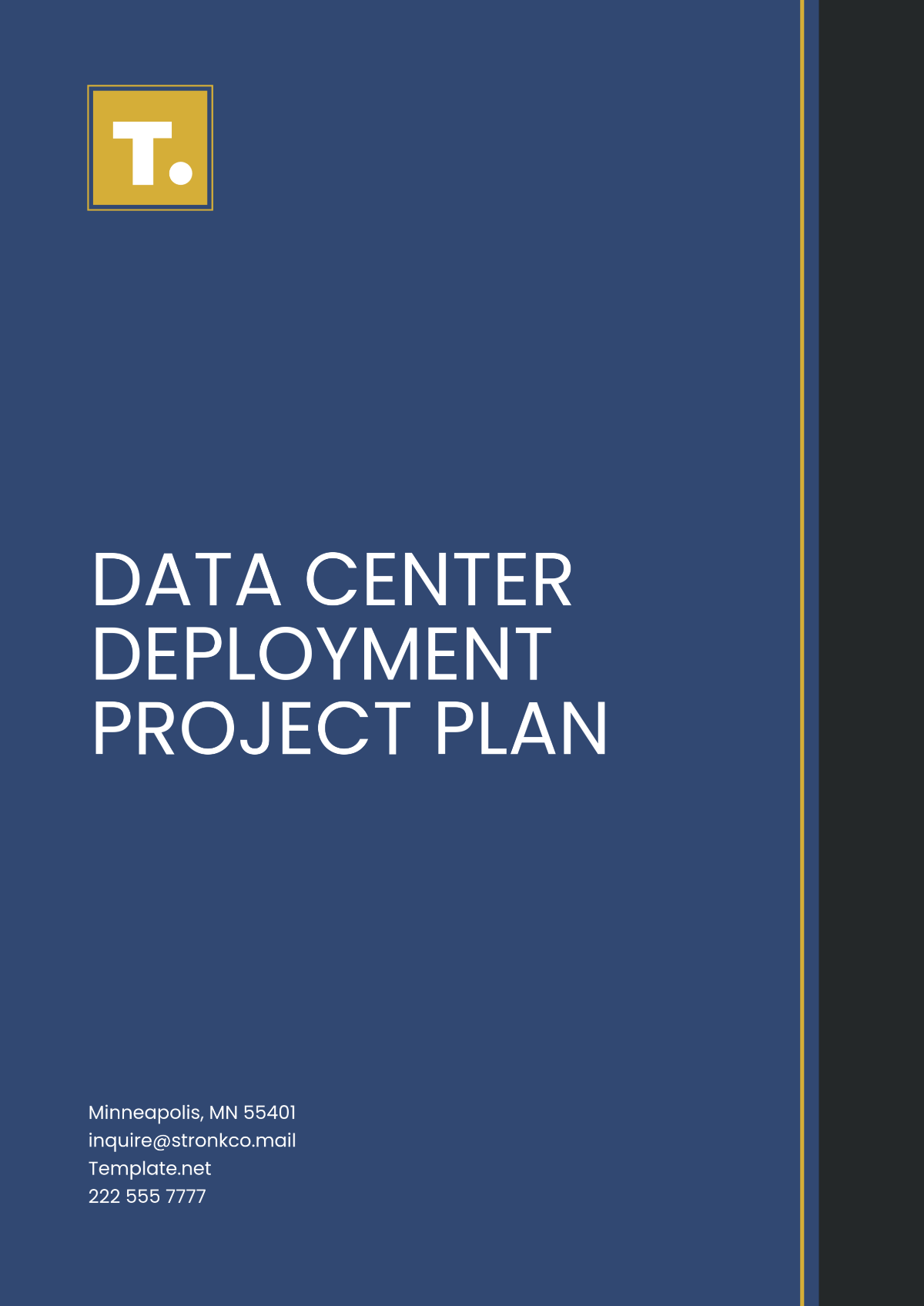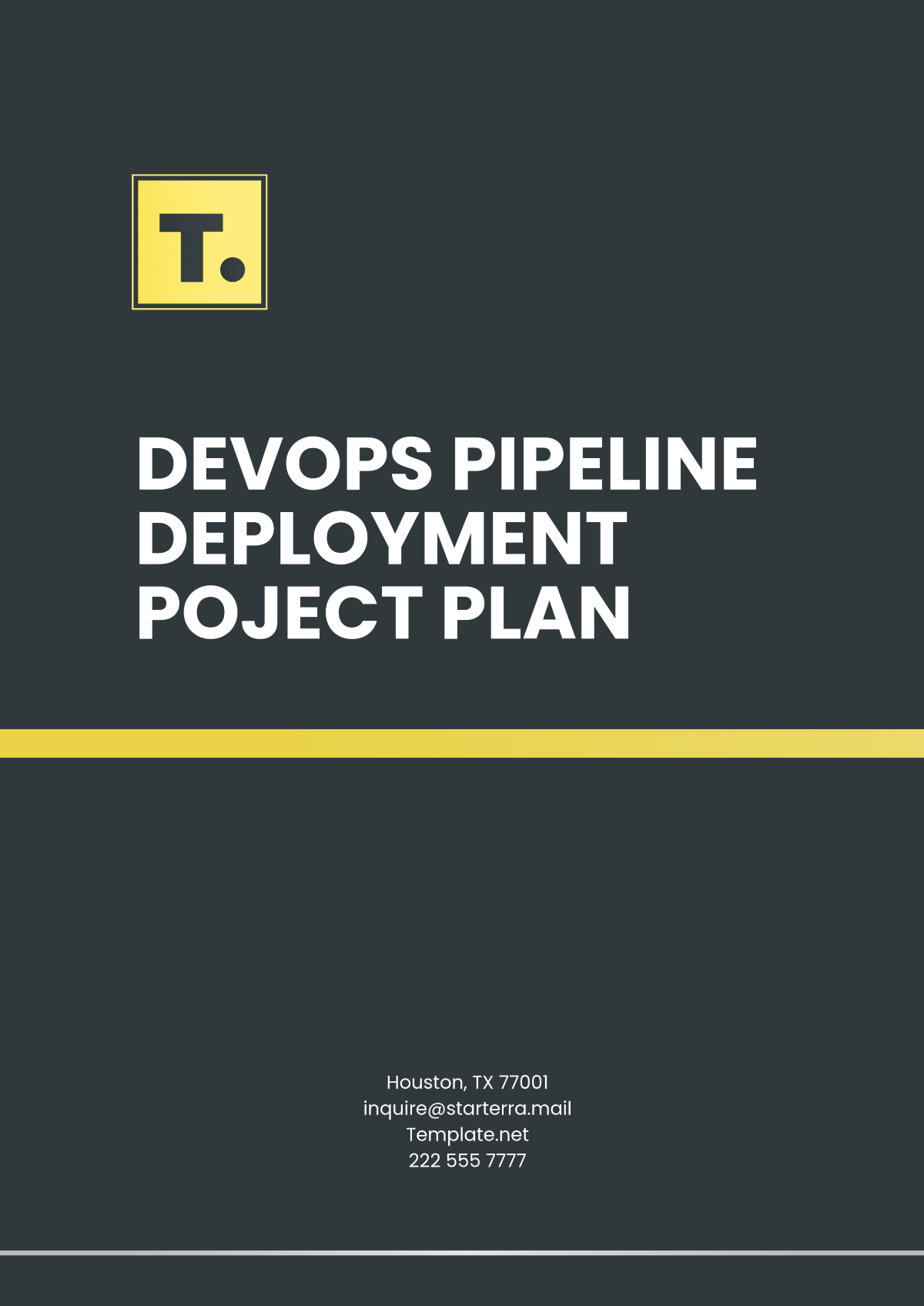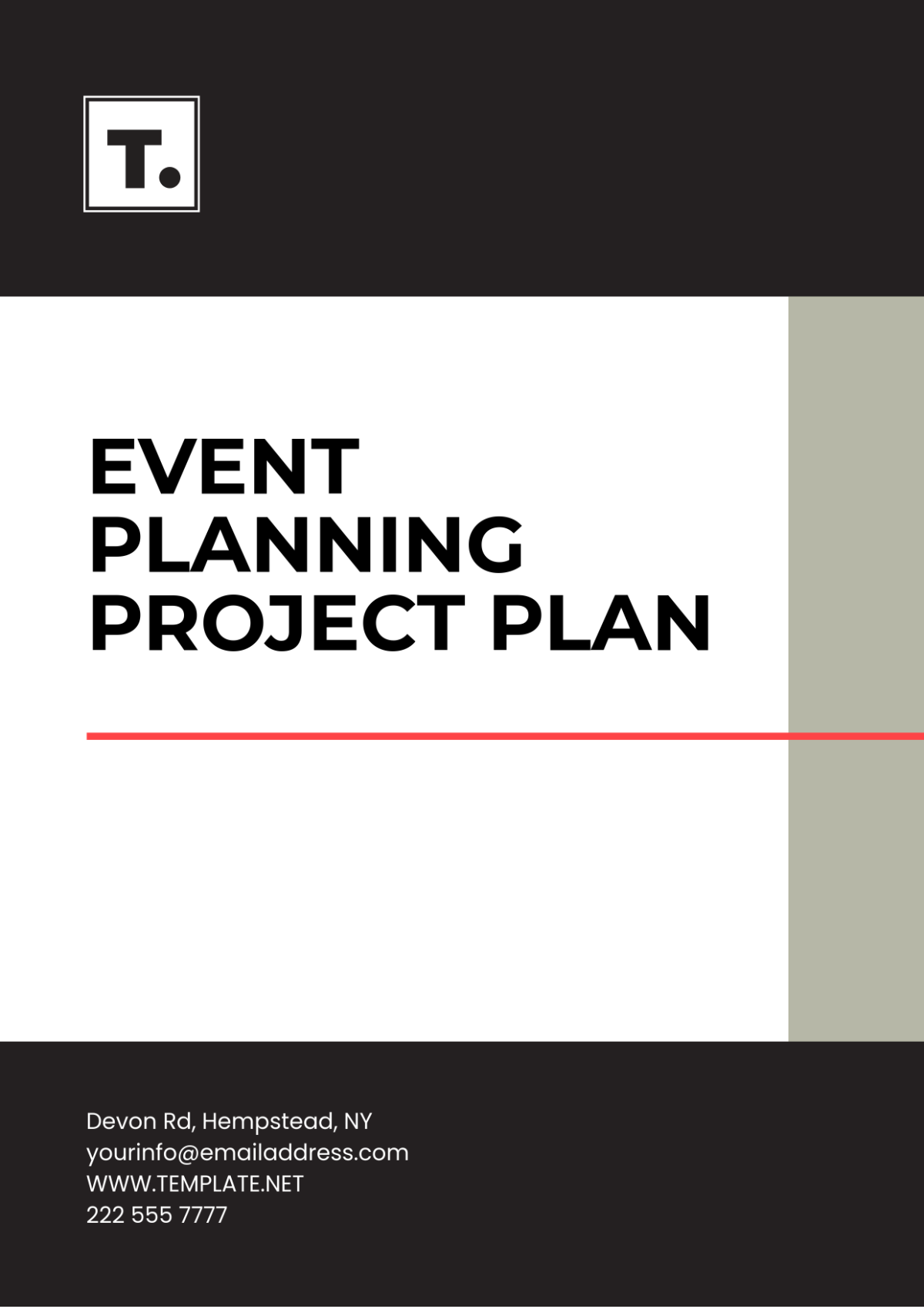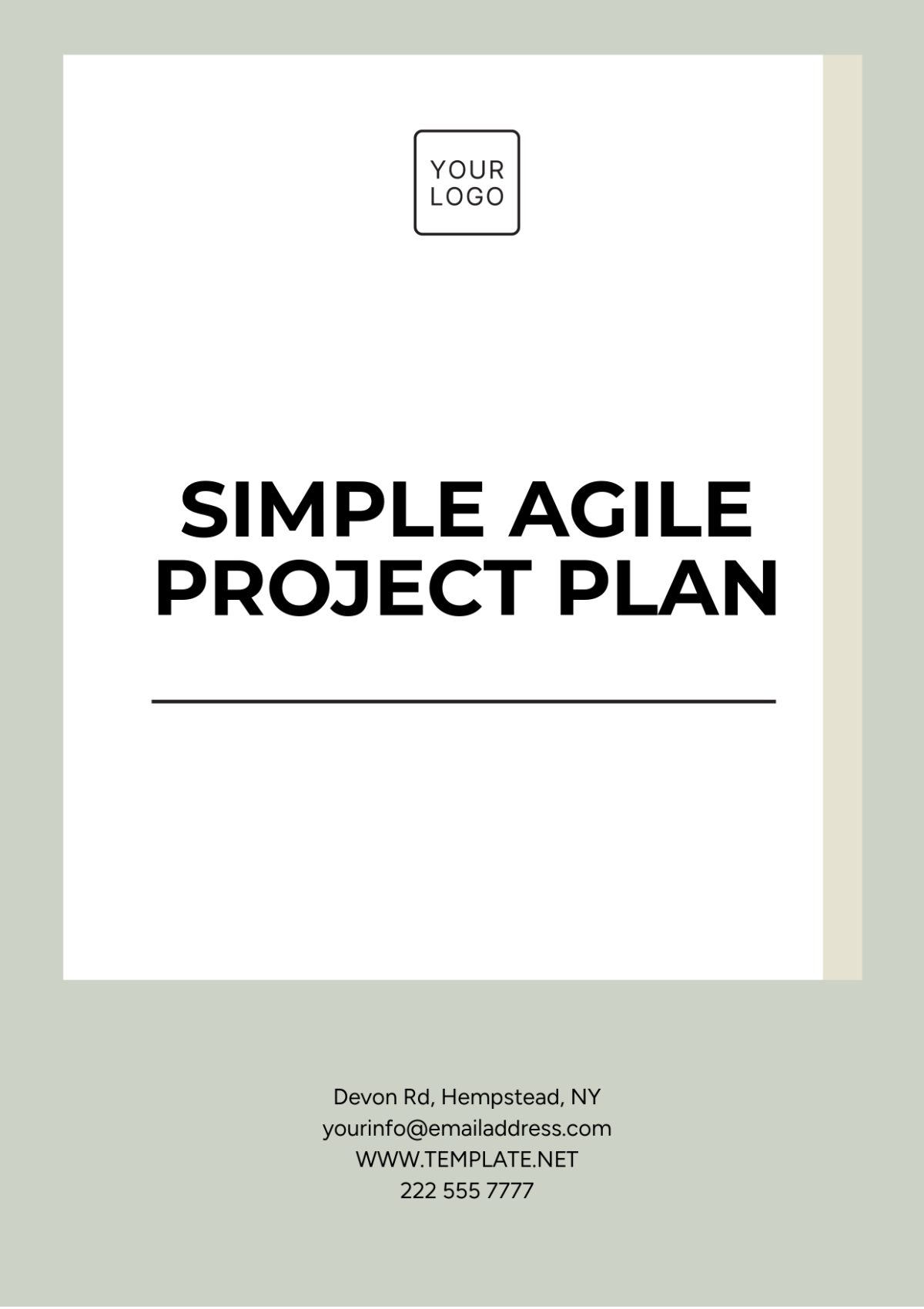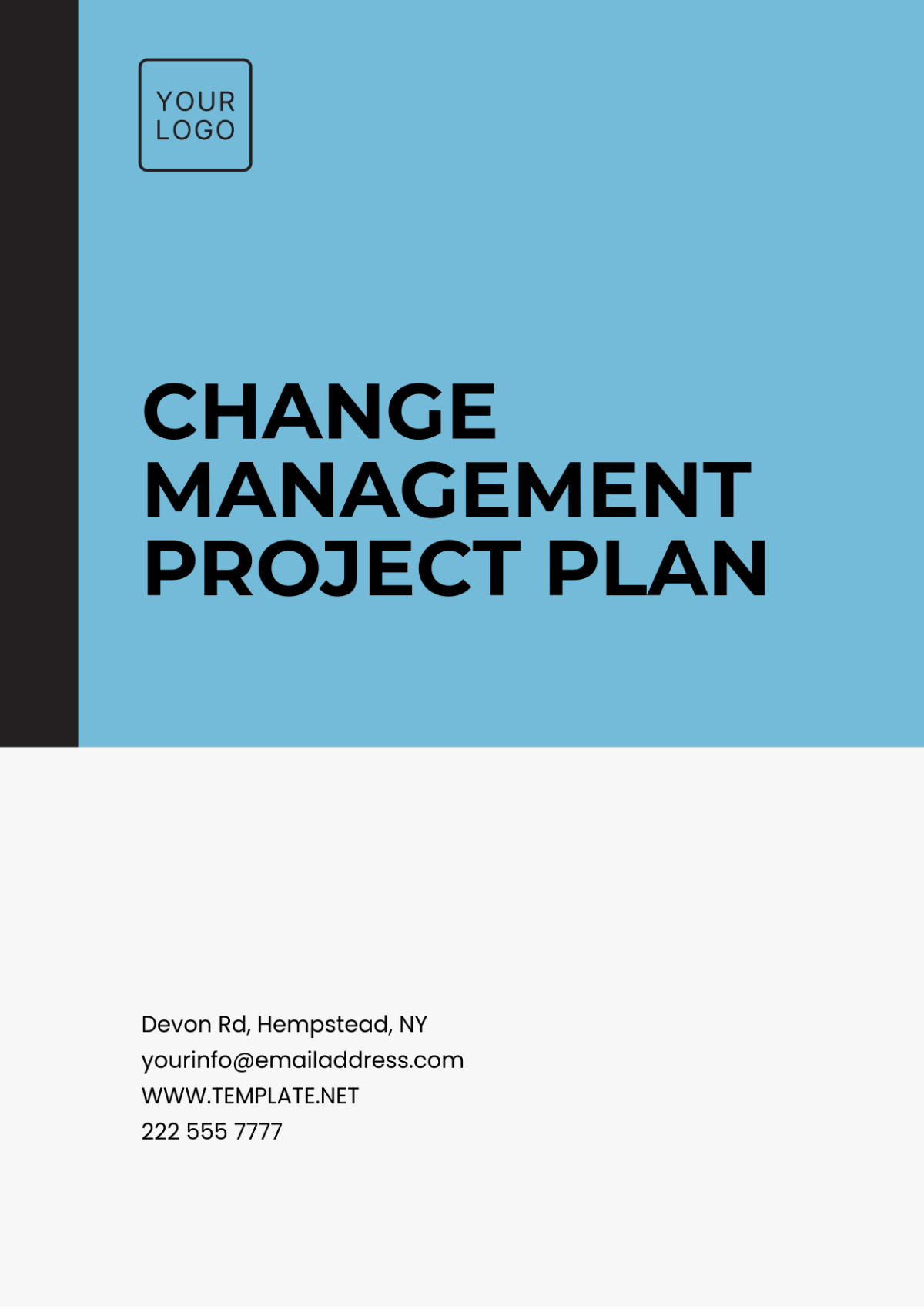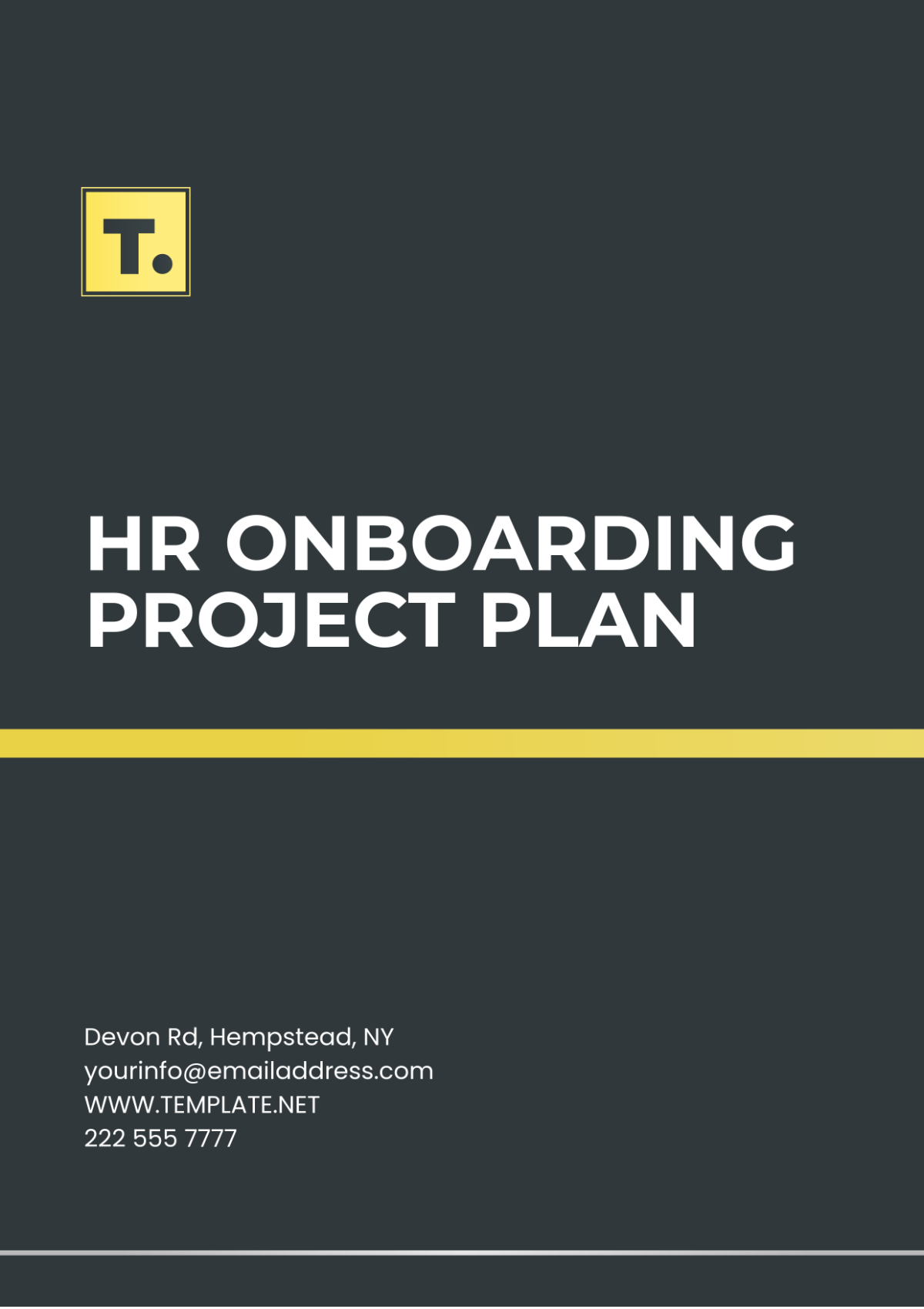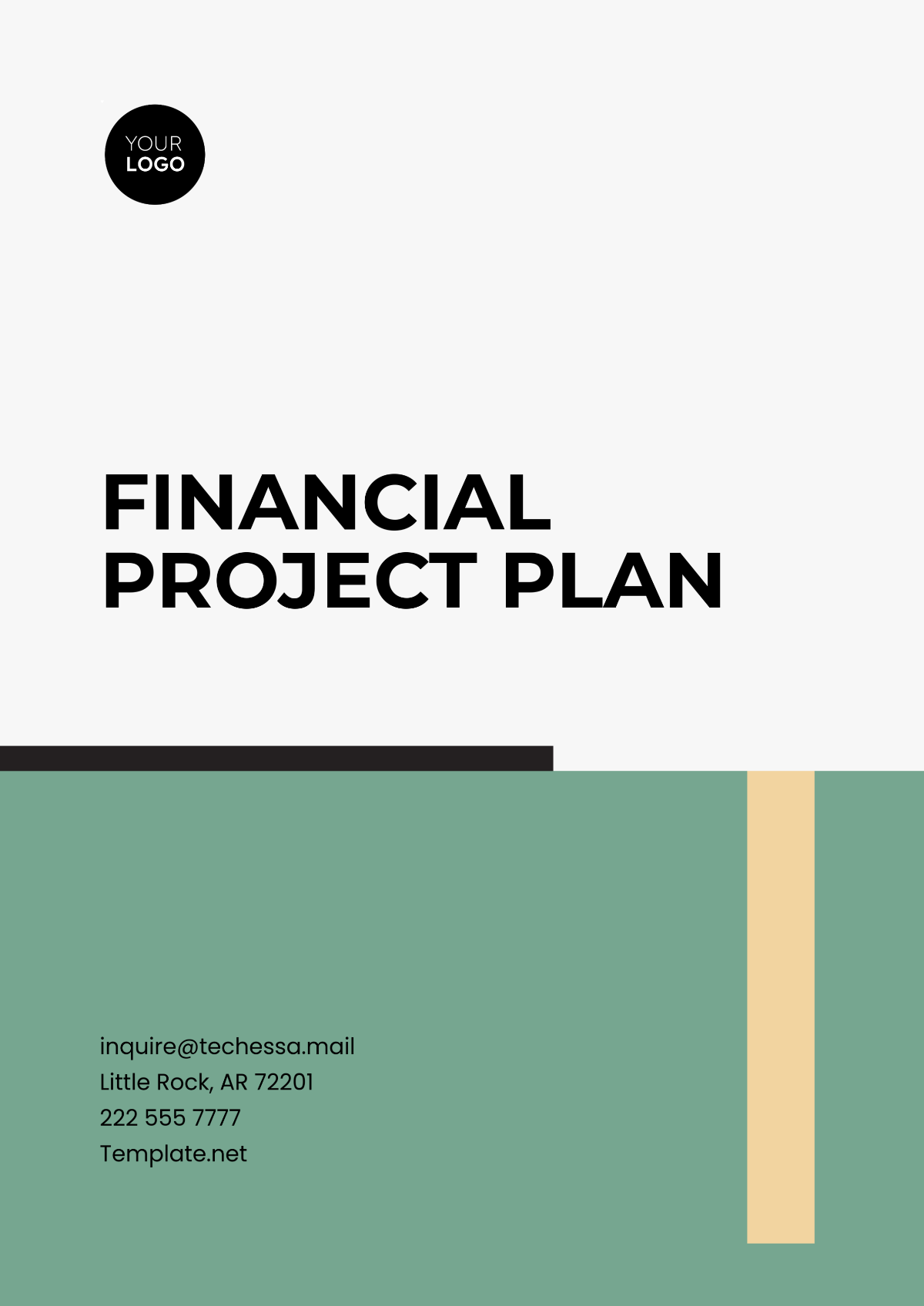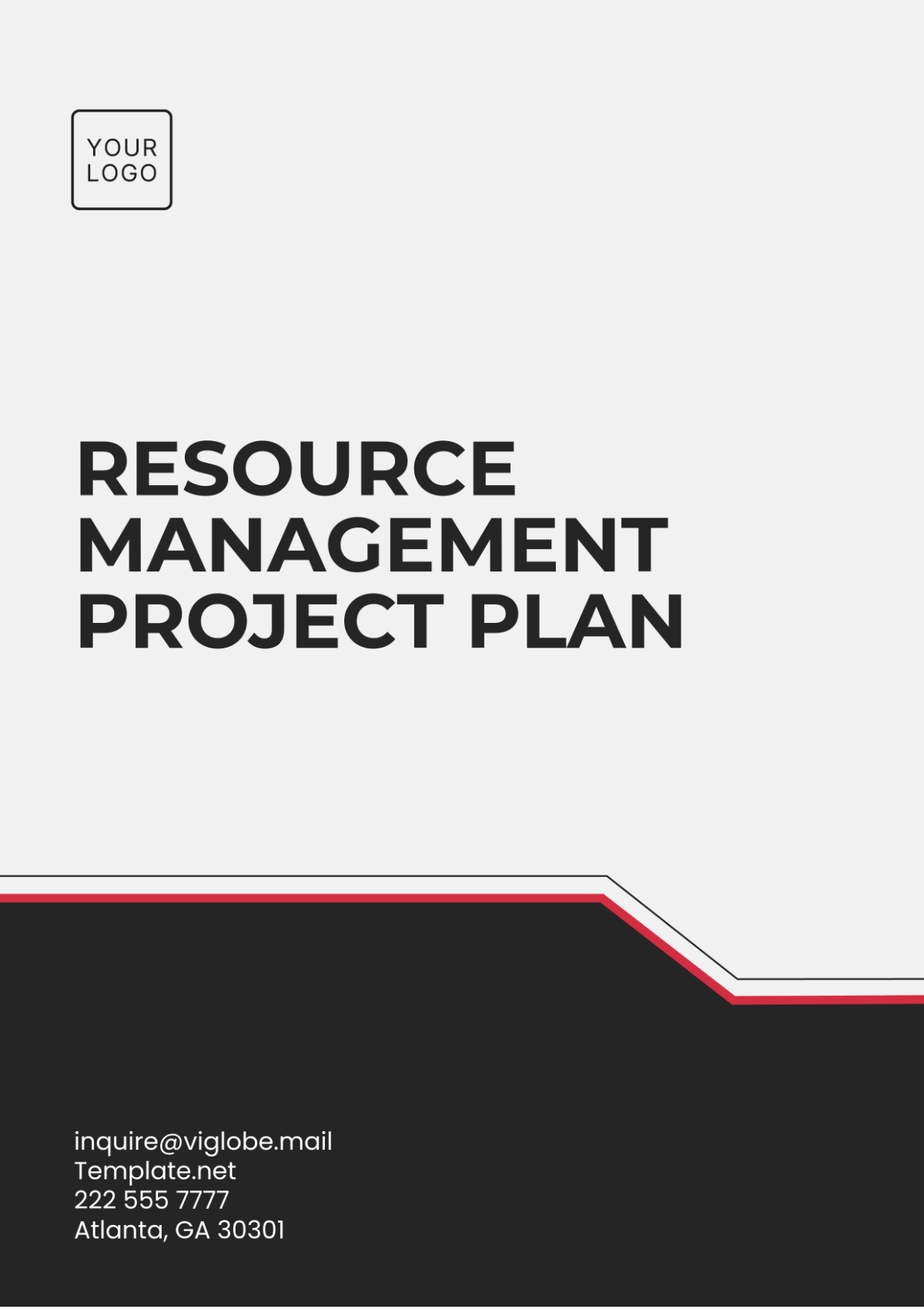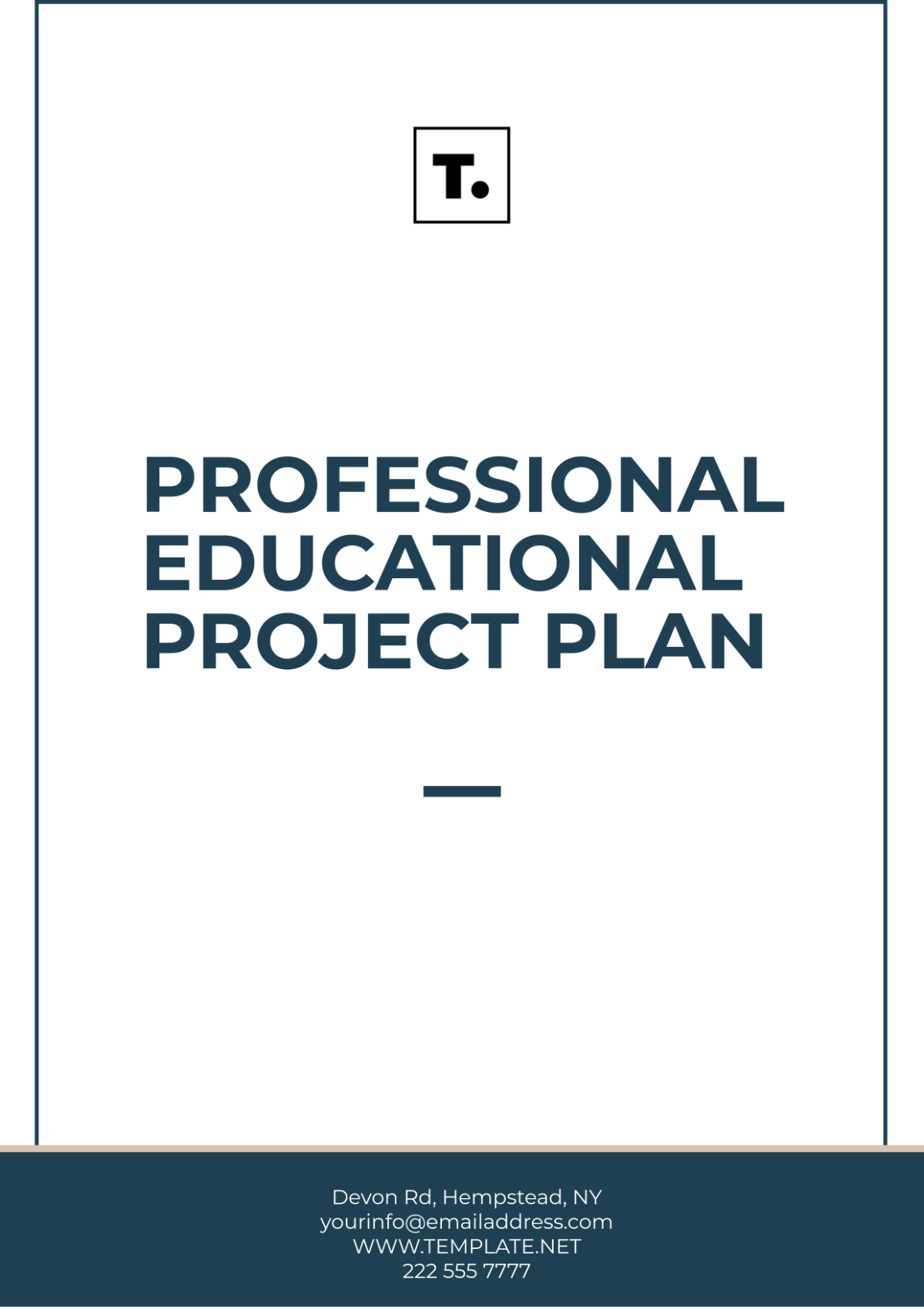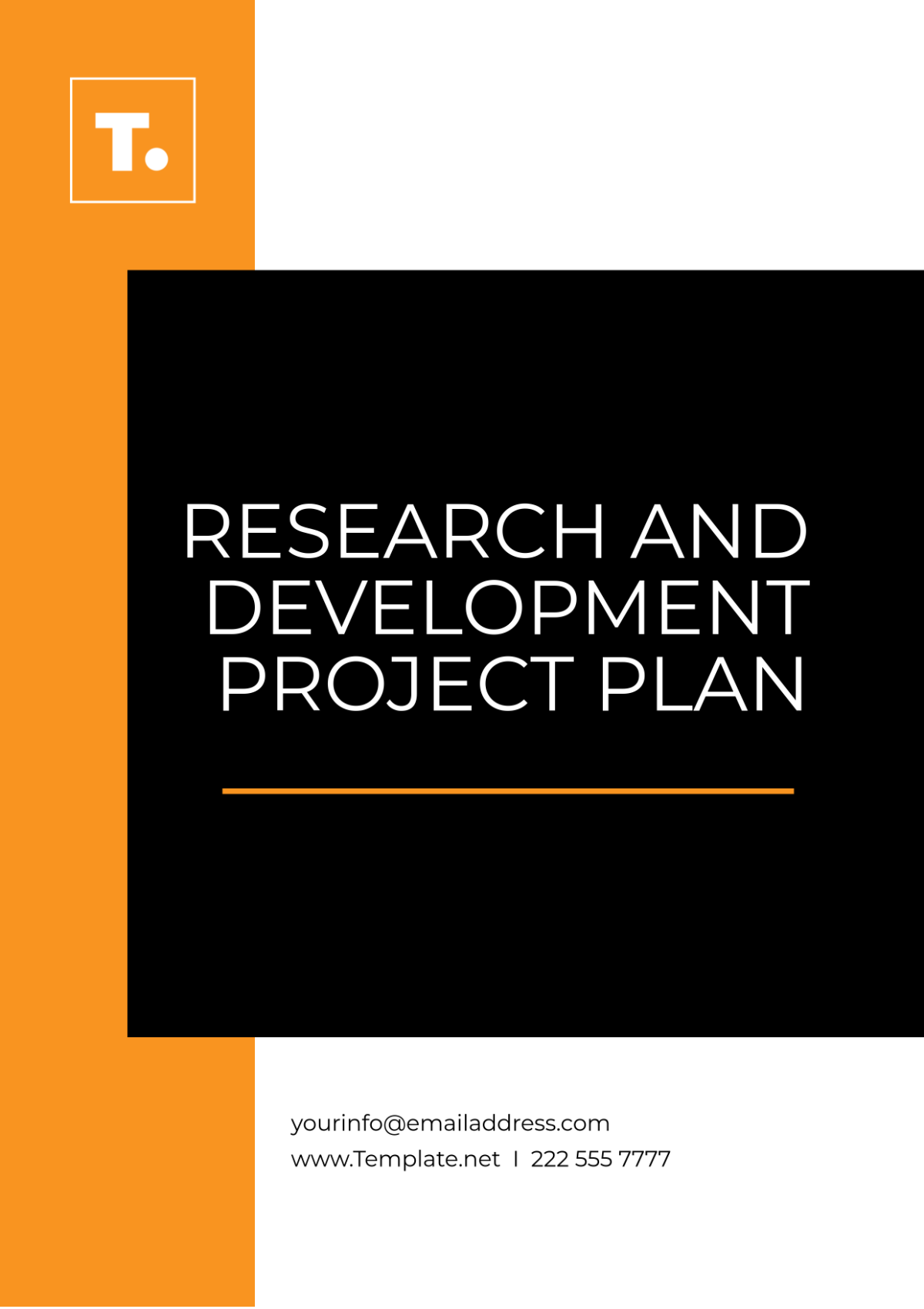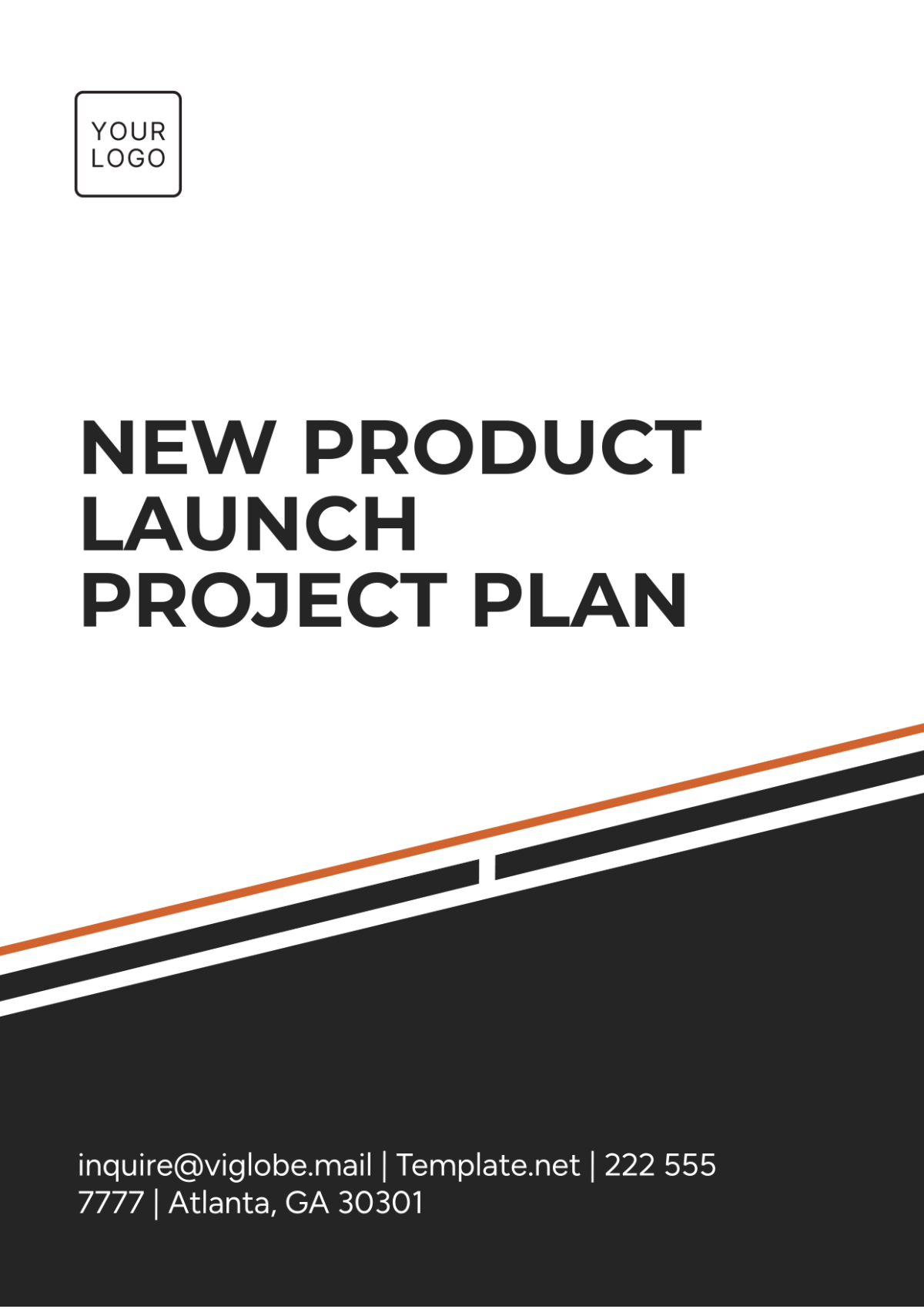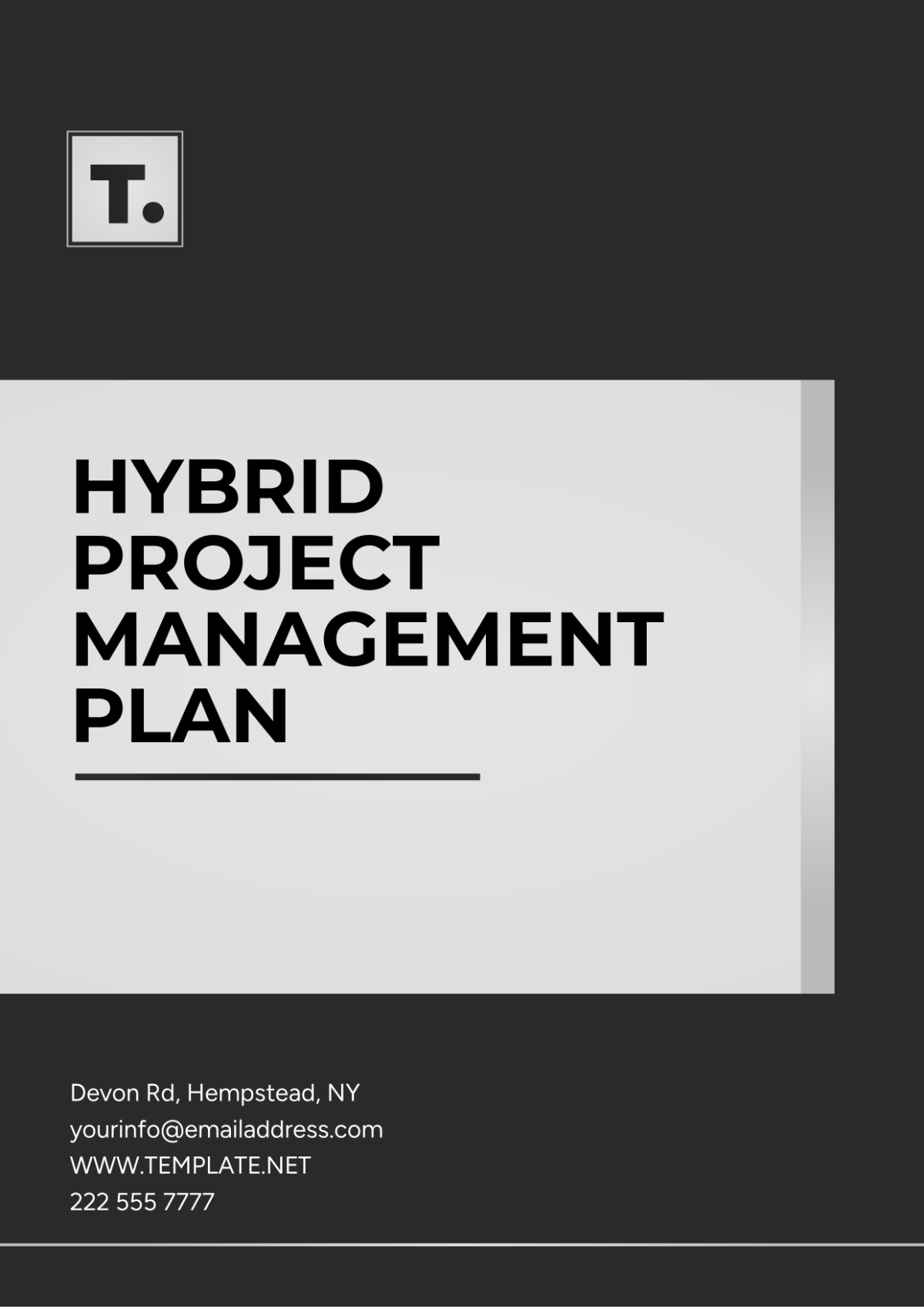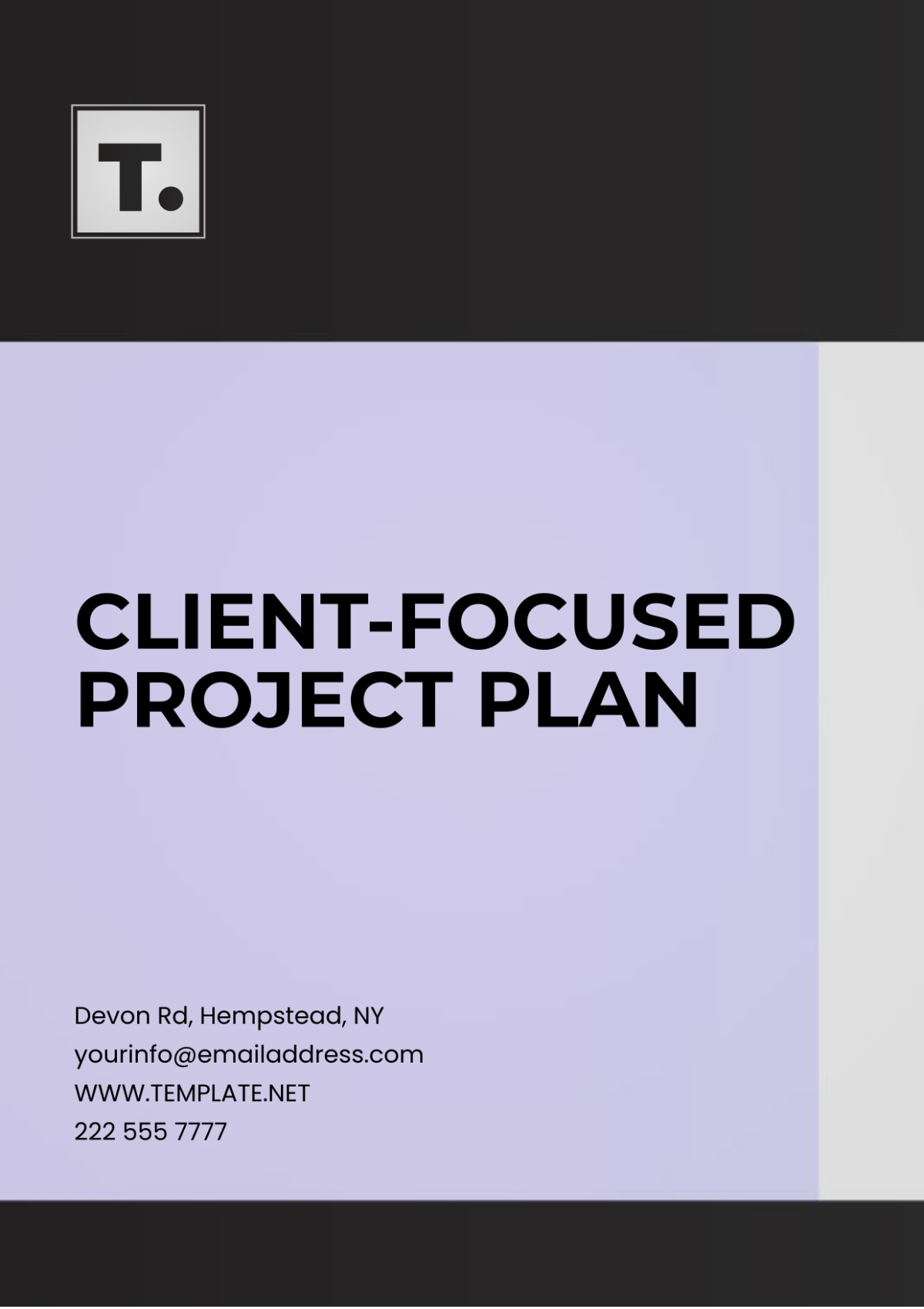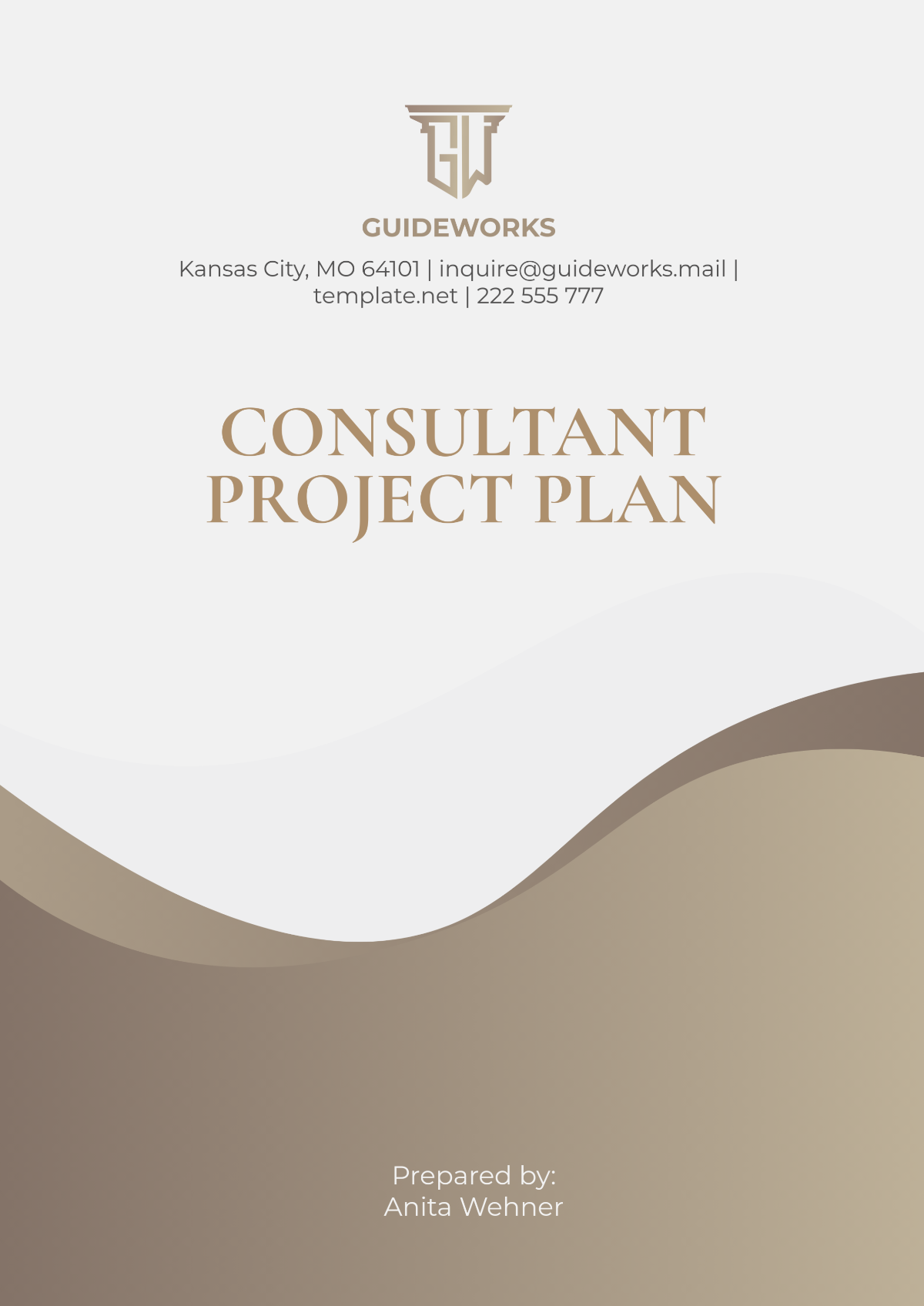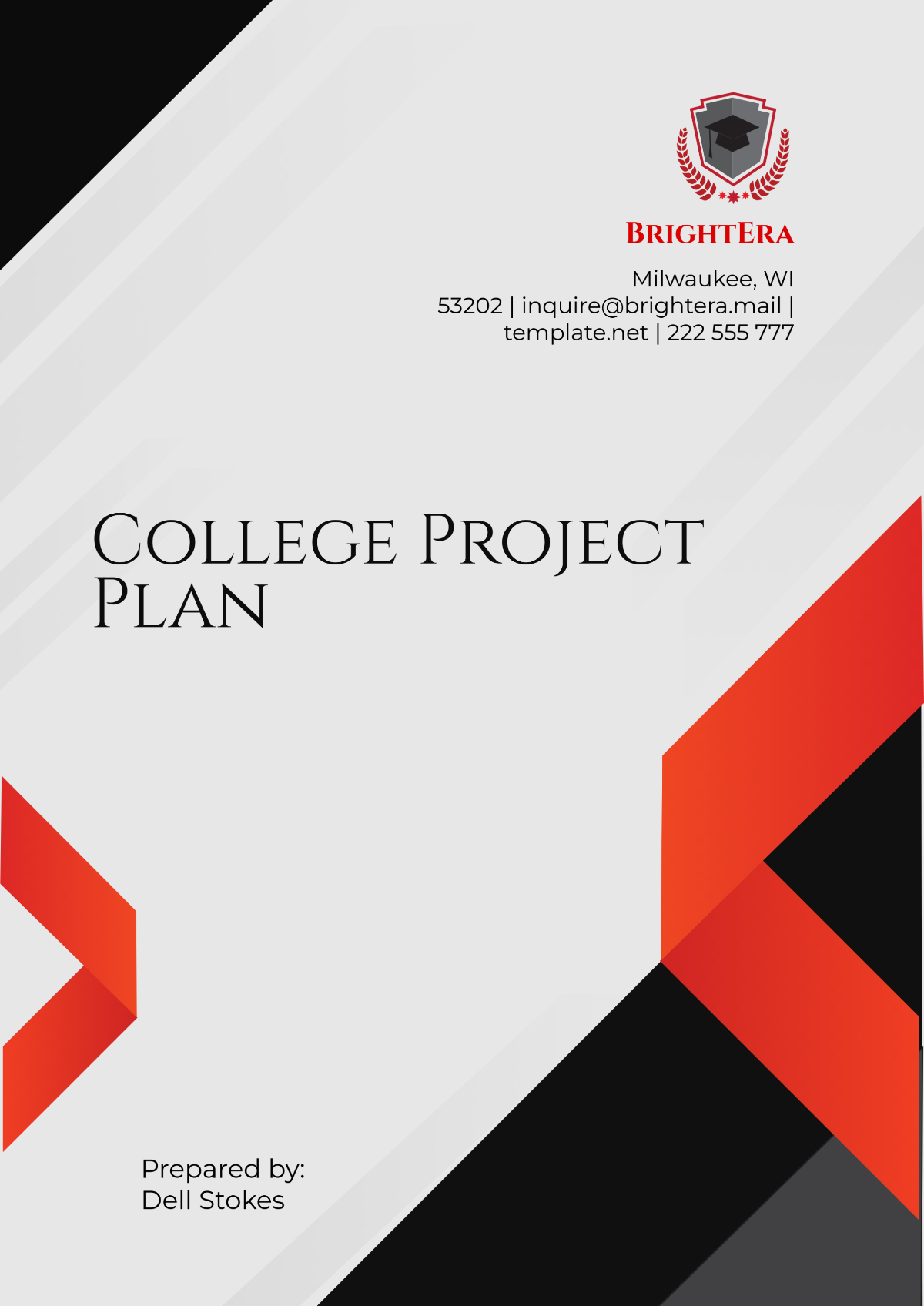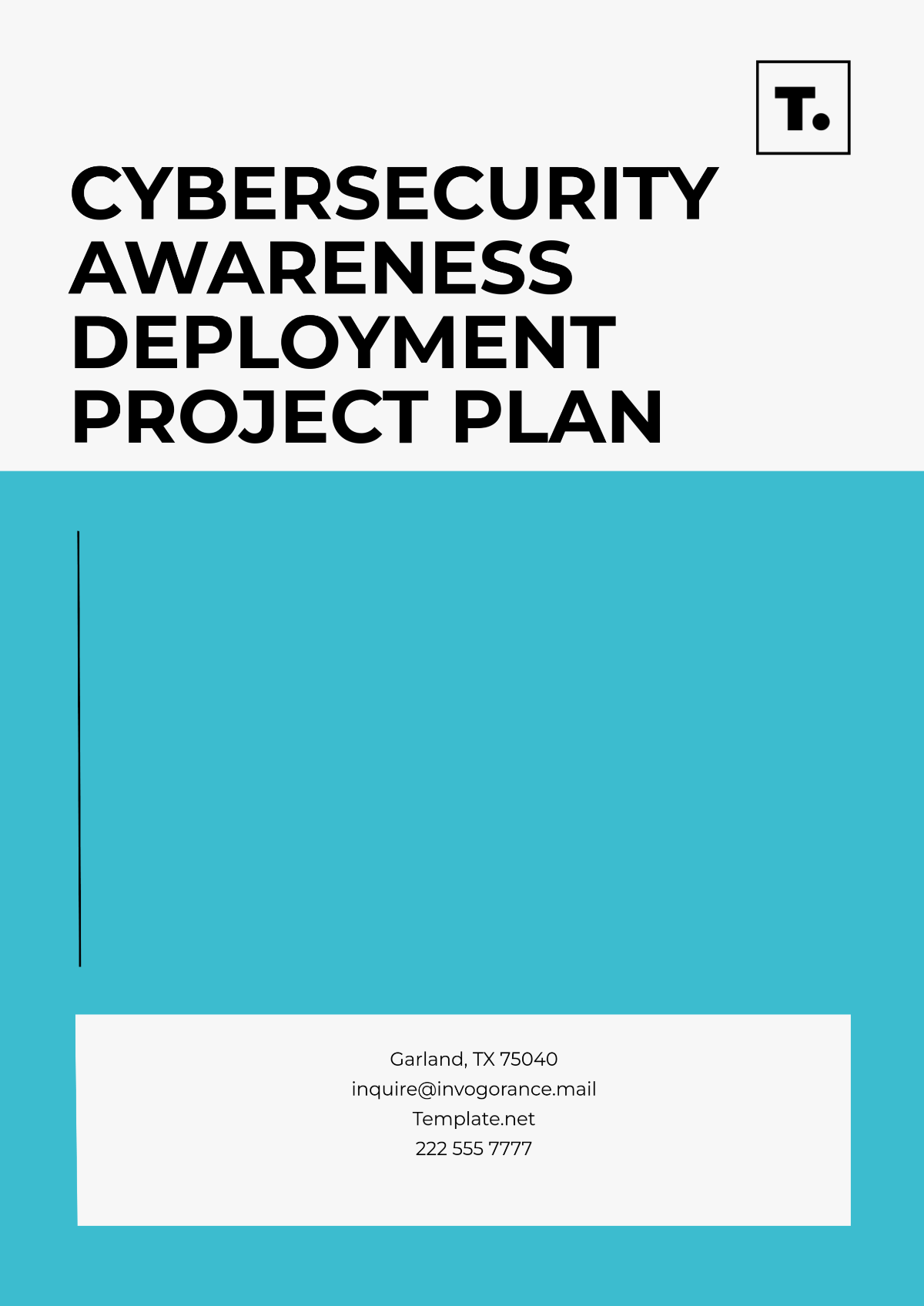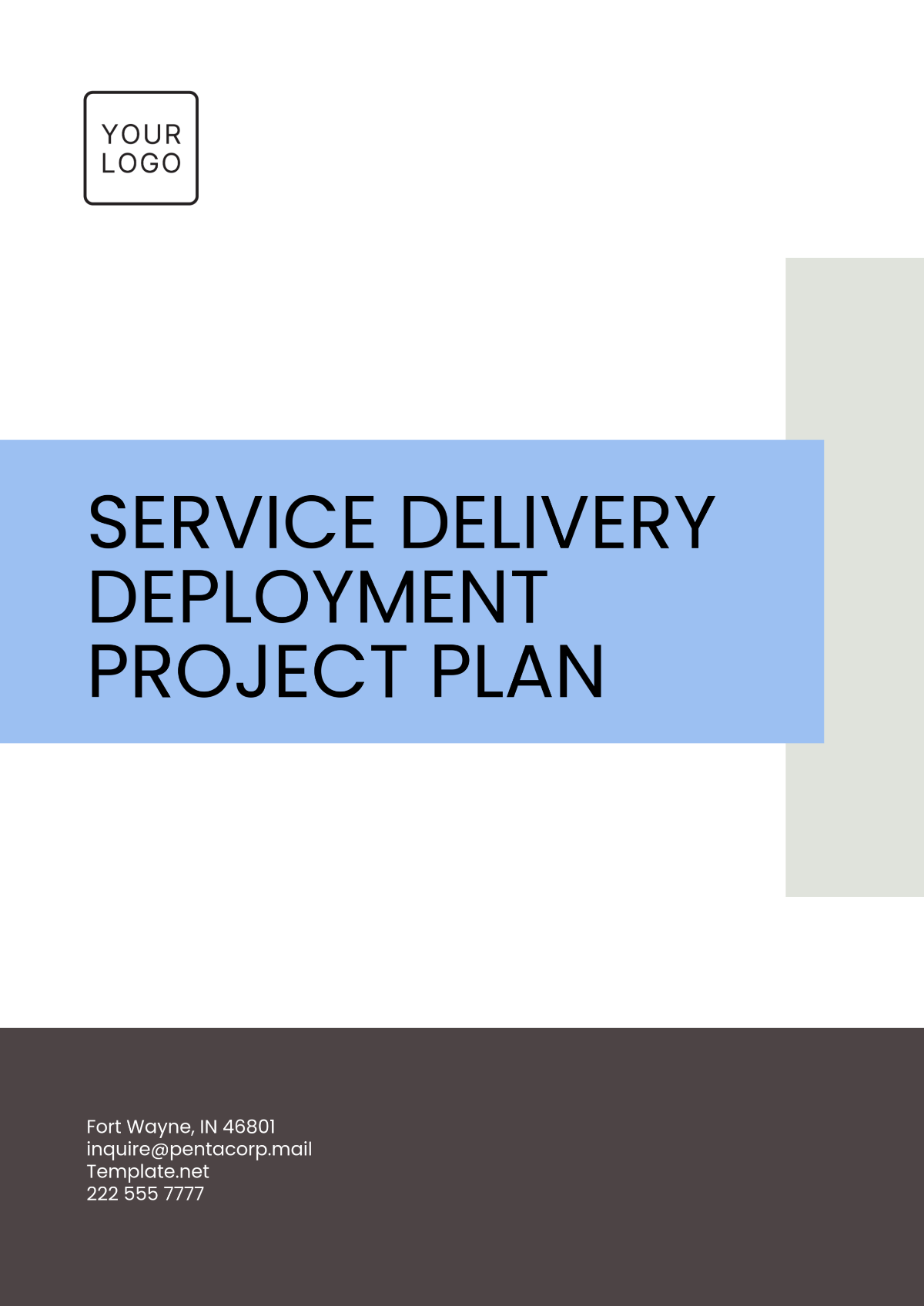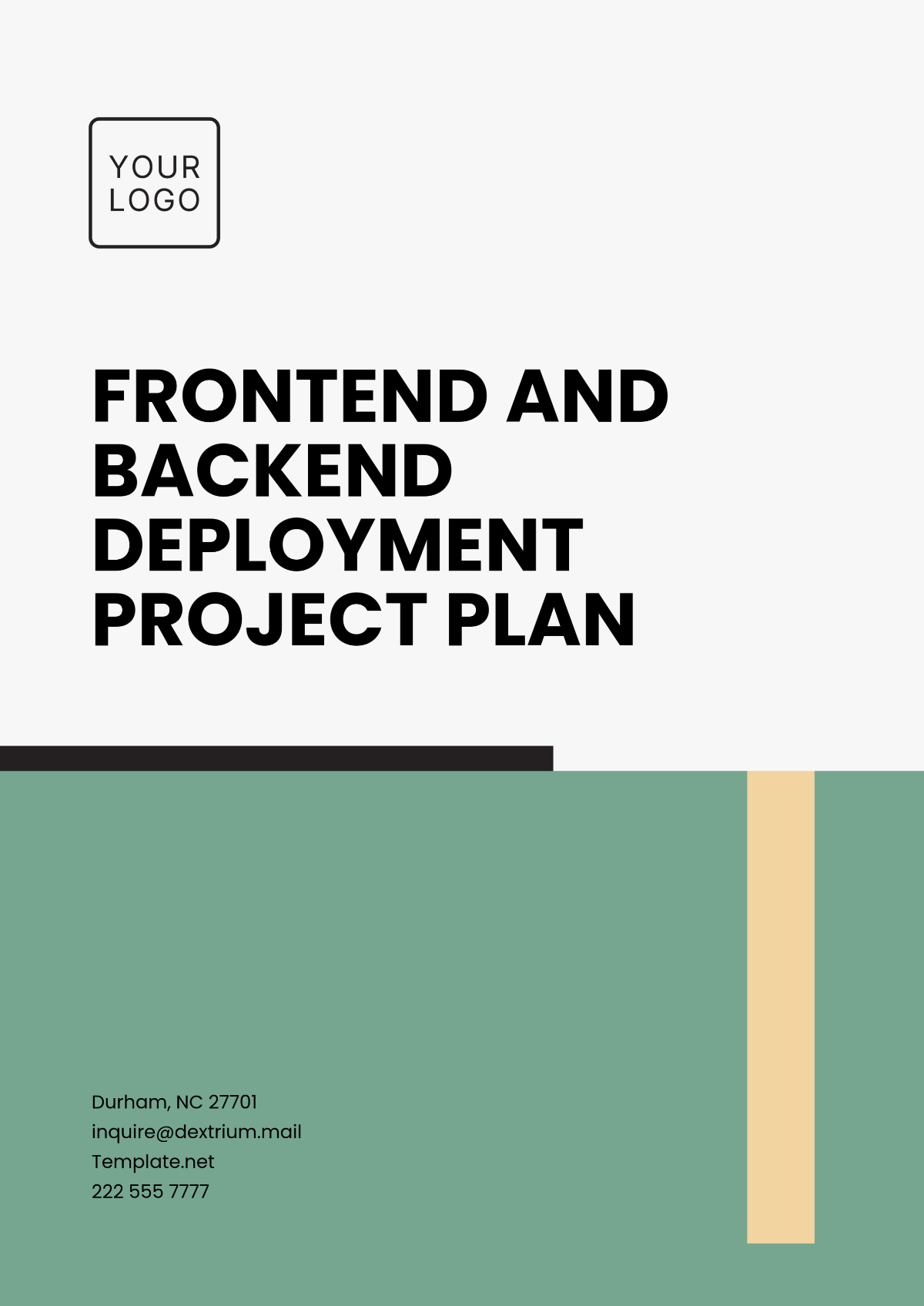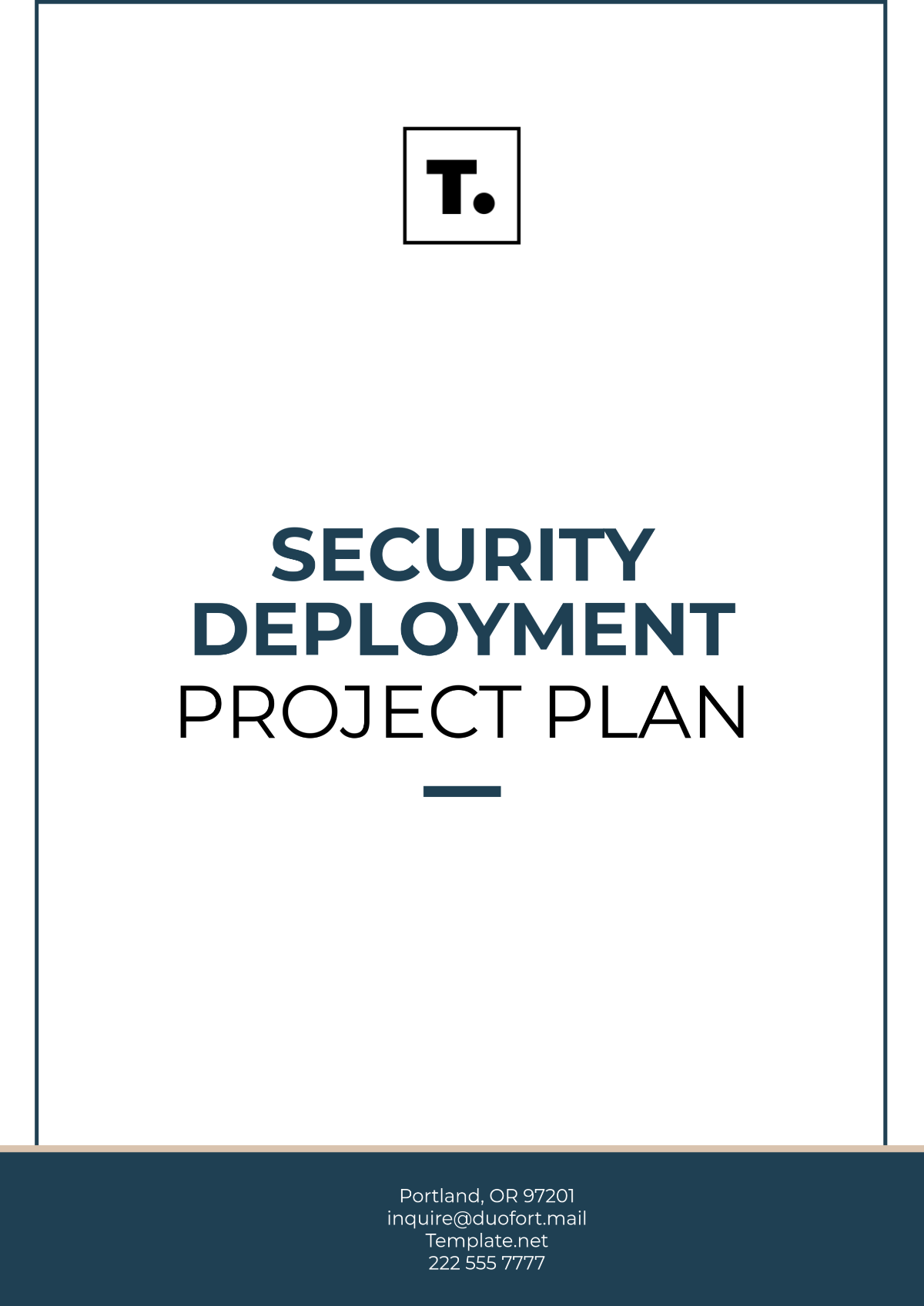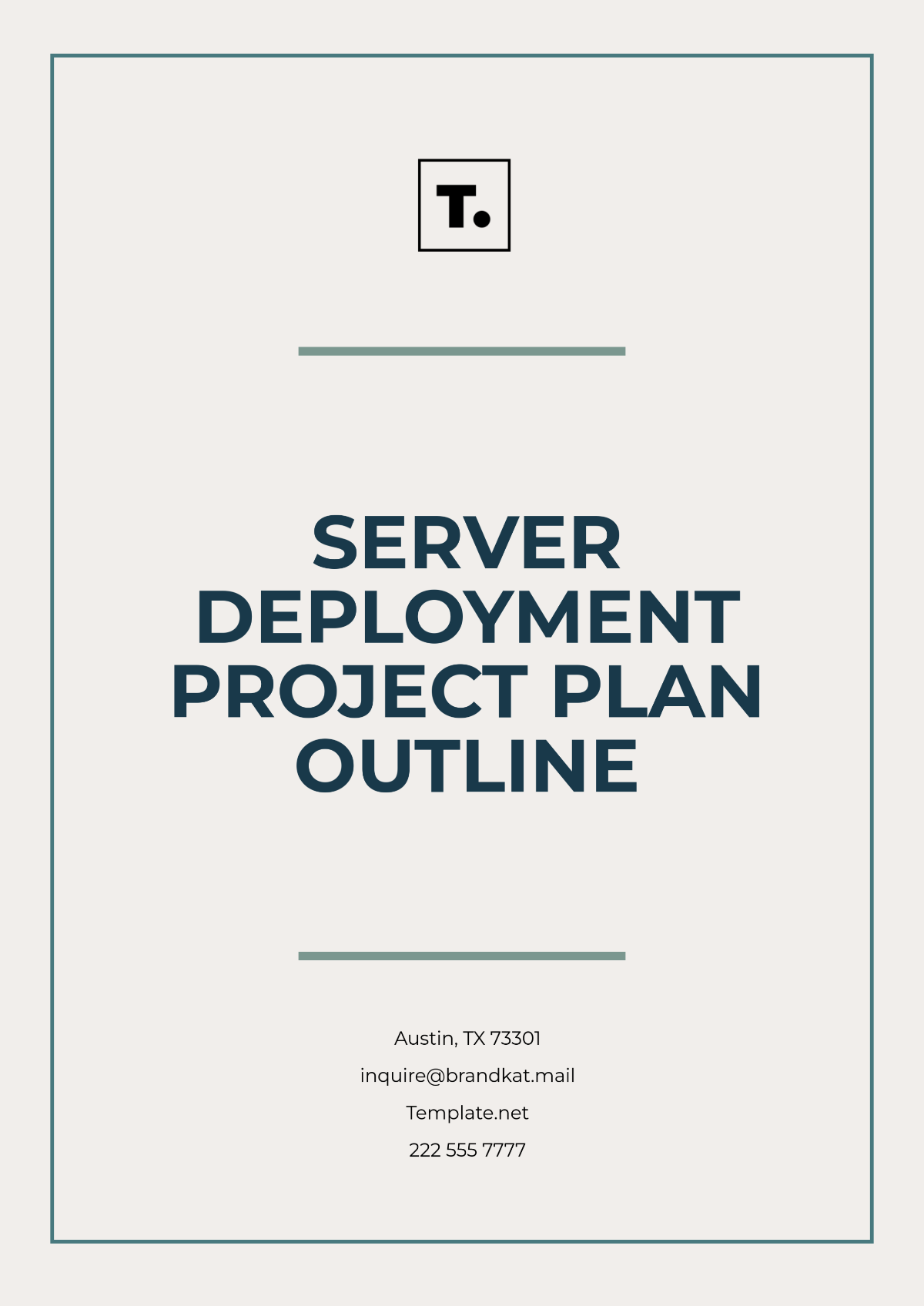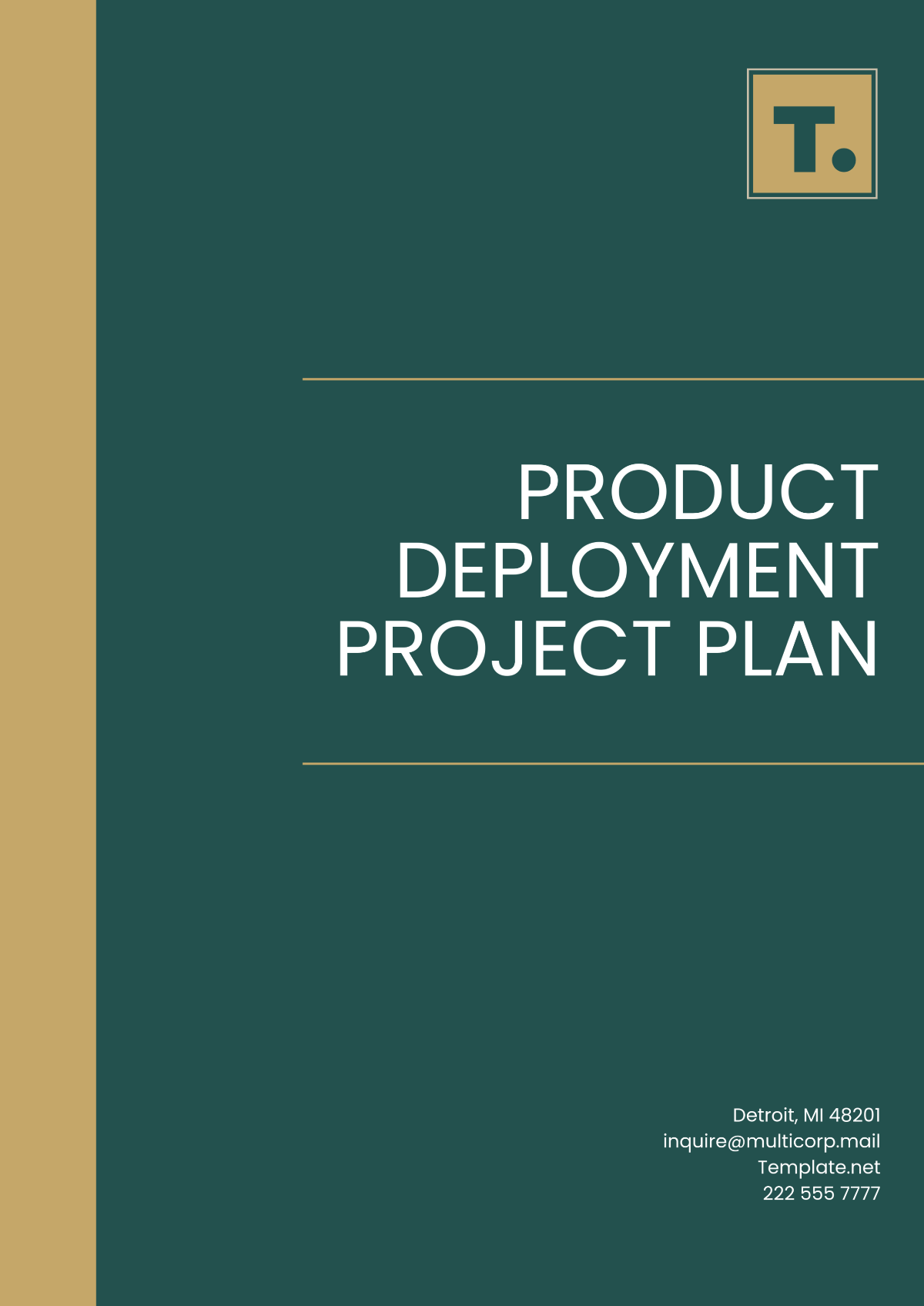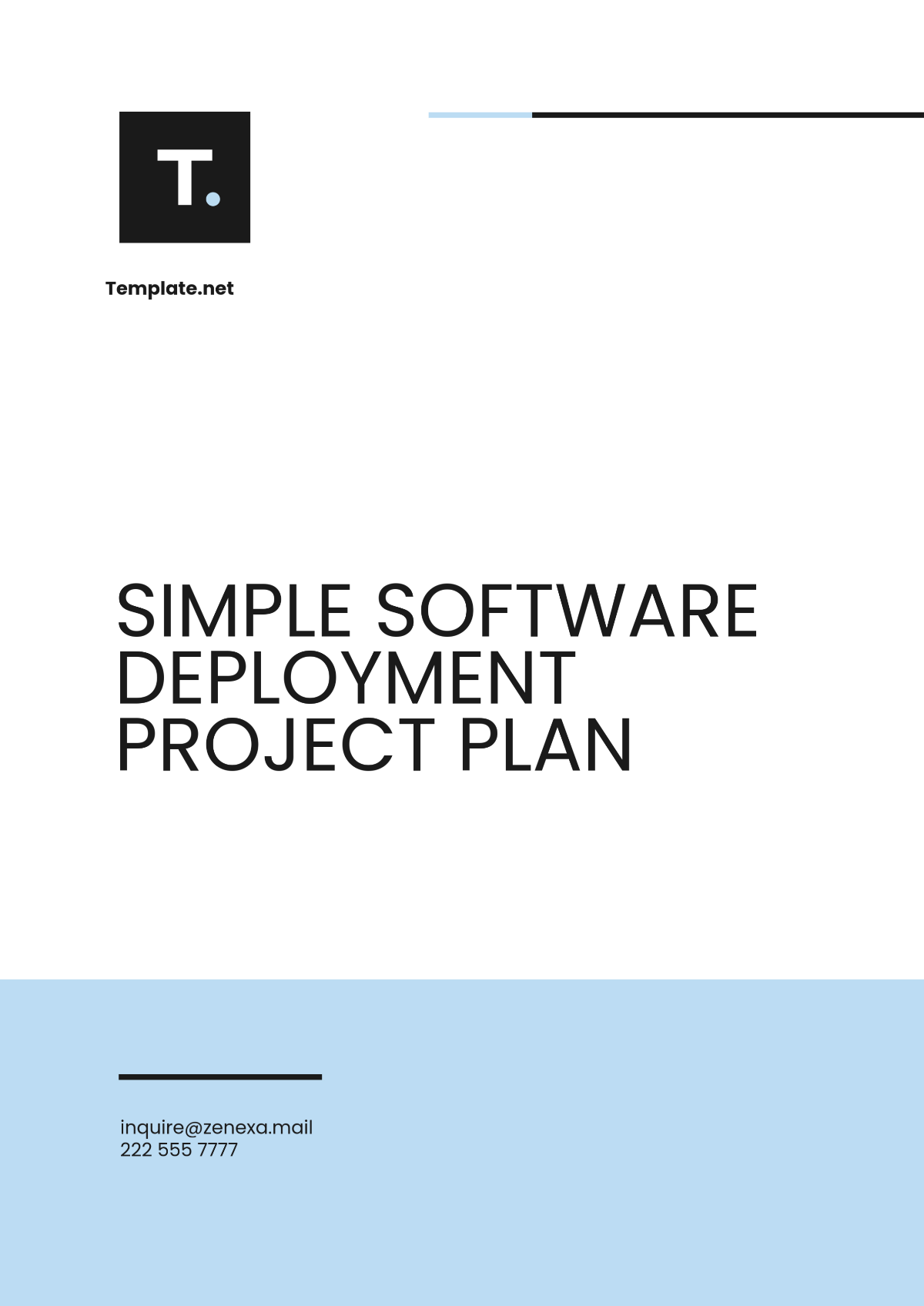Free Team Development Management Project Plan Template
Team Development Management Project Plan
Prepared by: [Your Name]
Company: [Your Company Name]
Date: May 10, 2070
I. Executive Summary
The Team Development Management Project aims to enhance collaboration, communication, and productivity within a mid-sized IT organization. The project will focus on improving team dynamics, fostering leadership, and boosting the skills of team members through training, workshops, and collaborative activities. The initiative will be implemented over the next few years, with measurable milestones to ensure the development process is continuously assessed and improved.
II. Project Objectives
Improve Team Collaboration: To create stronger collaboration among teams by integrating communication tools and techniques.
Enhance Leadership Skills: Provide training for team leads and managers to develop leadership skills that support team growth and productivity.
Increase Productivity: Implement structured methodologies and tools to streamline project workflows, resulting in a 25% increase in overall productivity by the end of the project.
Boost Employee Engagement: Increase employee satisfaction and engagement by introducing flexible working hours, team-building activities, and recognition programs.
III. Scope of the Project
This project will encompass:
Team-building workshops and activities
Leadership training programs for all team leads and managers
Introducing new team collaboration tools (e.g., project management software, communication platforms)
Conducting quarterly team reviews and feedback sessions to gauge project progress
Developing a mentorship program to foster knowledge-sharing and career growth
Expanding resources to include workshops on emotional intelligence and conflict resolution
IV. Project Deliverables
Team-building Workshop Completion: The first phase will consist of a series of workshops and activities aimed at improving interpersonal relationships within teams.
Leadership Training: Completion of leadership programs for all current and prospective team leads.
New Collaboration Tools Implemented: All selected tools (e.g., project management software, and team communication platforms) will be fully integrated and utilized by all teams.
Employee Satisfaction Survey Results: An employee satisfaction survey will be conducted at the start and end of the project to measure the success of engagement initiatives.
Mentorship Program Launched: A formal mentorship program will be created, pairing experienced professionals with newer team members for guidance and career growth.
V. Project Timeline
Phase 1 (January 2060 – June 2060): Project Planning & Initial Team Building
Establish project leadership and assign key roles
Conduct a baseline survey on team dynamics and satisfaction
Organize initial team-building activities and workshops
Phase 2 (July 2060 – December 2060): Leadership Development & Collaboration Tool Integration
Launch leadership training programs
Select and implement project management and communication tools
Begin quarterly team review meetings
Phase 3 (January 2061 – June 2061): Mentorship Program Rollout & Ongoing Training
Launch the mentorship program
Conduct follow-up workshops based on team feedback
Measure progress through productivity and satisfaction metrics
Phase 4 (July 2061 – December 2061): Evaluation and Adjustment
Review all training programs, tools, and team satisfaction
Adjust strategies based on feedback and metrics
Final project review and report
VI. Resources Required
Human Resources:
Project Manager: Oversees the overall project execution
Training Specialists: Provide workshops on leadership, team collaboration, and soft skills
IT Support: Assist with the integration of collaboration tools and software
HR Representatives: Facilitate employee surveys and satisfaction assessments
Materials and Equipment:
Collaboration software (e.g., Microsoft Teams, Slack)
Training venues or online platforms for workshops
Budget for team-building activities and leadership seminars
Financial Resources:
Budget for software purchases and employee training materials
Event and team-building activity costs
Compensation for external trainers or consultants
VII. Risk Management
Resistance to Change: Some employees may resist adopting new tools or methods. Mitigation: Provide clear communication on the benefits of the changes and ensure leadership models the desired behaviors.
Budget Overruns: Costs may exceed estimates due to unforeseen needs for additional resources or tools. Mitigation: Regularly track project spending and adjust resource allocation to prevent overspending.
Low Employee Engagement: Some team members might not fully engage with training or workshops. Mitigation: Offer incentives for participation and highlight success stories from team leaders.
Technology Issues: Integration of new collaboration tools might face technical issues. Mitigation: Ensure a dedicated IT support team is available for quick troubleshooting and provide adequate training on the new tools.
VIII. Budget
Personnel Costs: $200,000 (Project Manager, Trainers, Consultants)
Training and Development: $100,000 (Leadership, Team-building activities, Workshops)
Software and Tools: $50,000 (Collaboration tools, Project management software)
Miscellaneous Costs: $30,000 (Travel, venue rentals, event management)
Contingency: $20,000 (For unforeseen expenses or changes in project scope)
Total Budget: $400,000
IX. Conclusion
The Team Development Management Project is designed to enhance organizational growth by improving the skills and dynamics of teams. The project will focus on creating a collaborative, productive, and engaging work environment through a structured approach to training, leadership development, and resource allocation. With the planned phases and comprehensive risk management strategy, the project is set to deliver long-term benefits, including improved productivity, employee satisfaction, and overall team performance. The careful monitoring of progress and adjustment of strategies will ensure the project's continued success.
